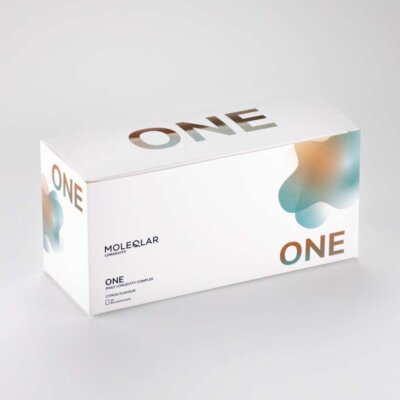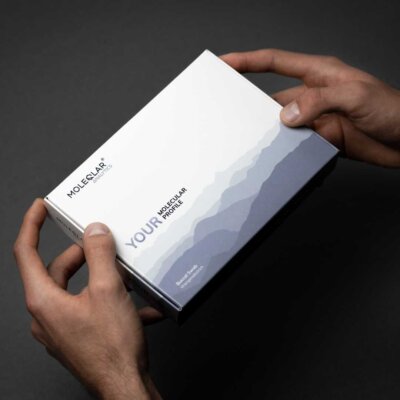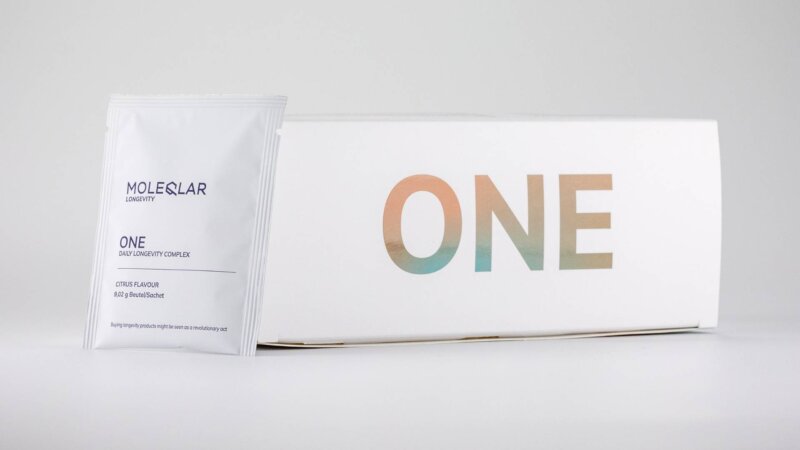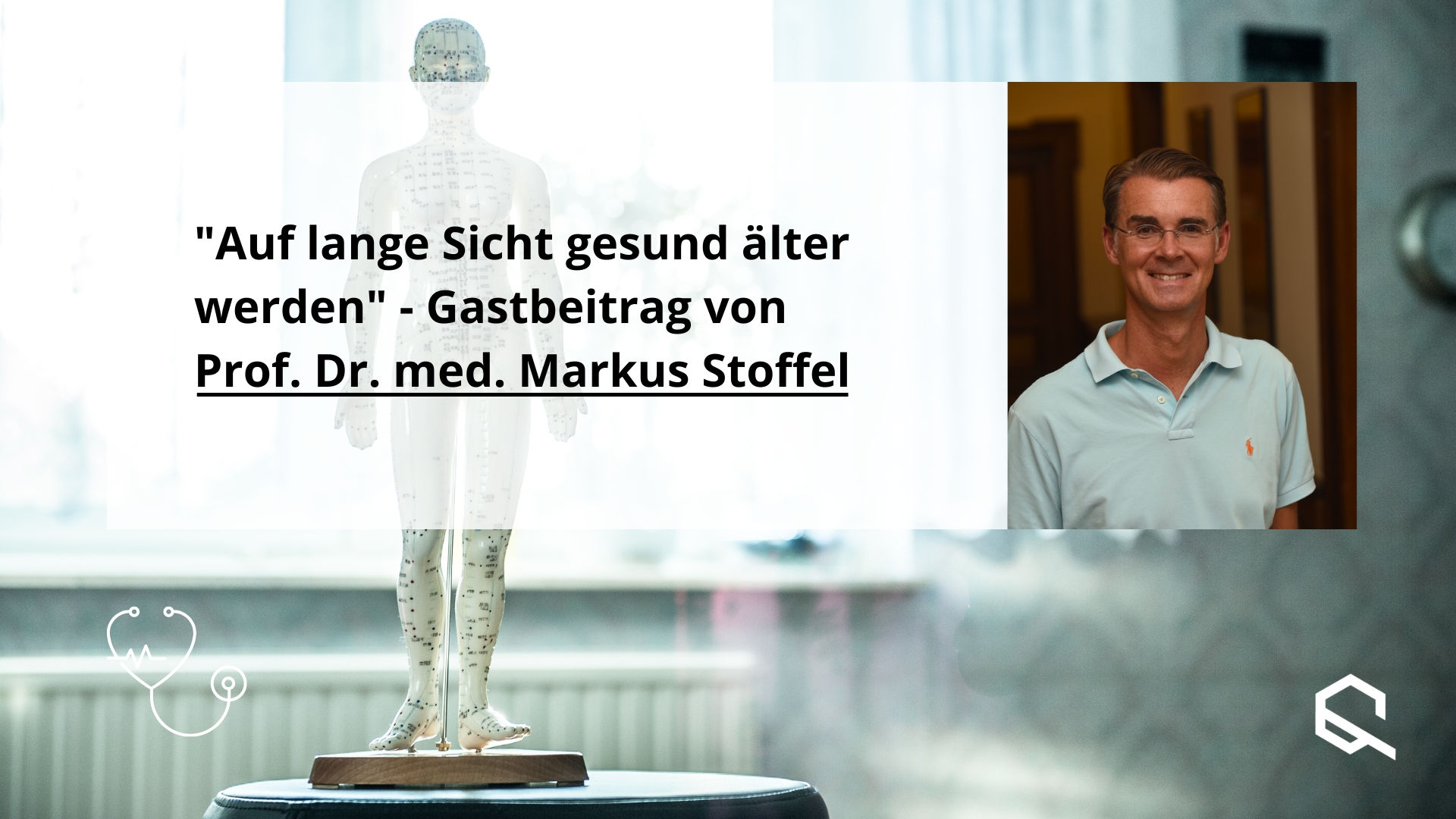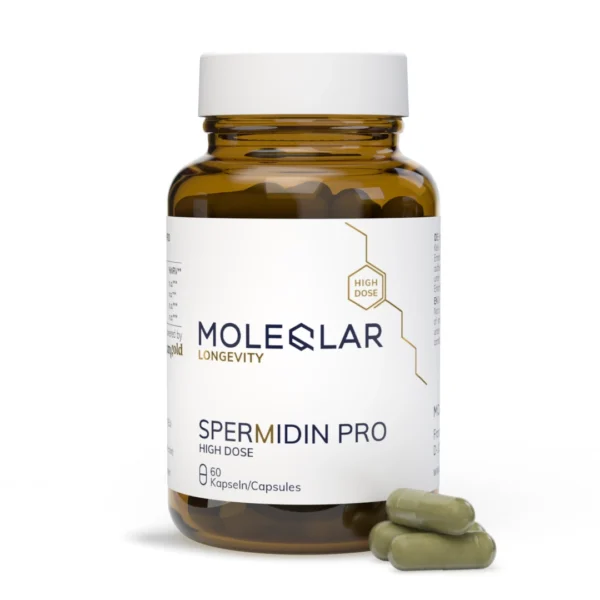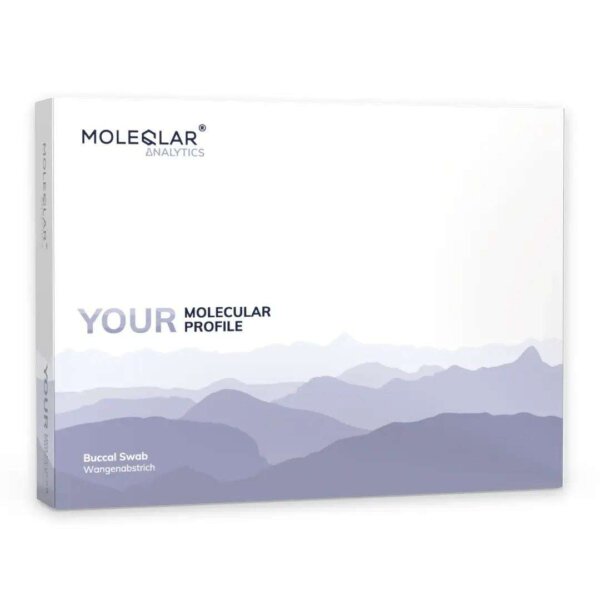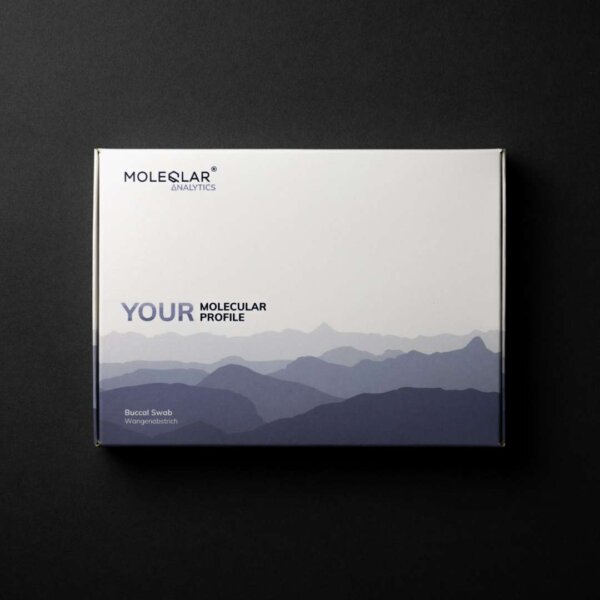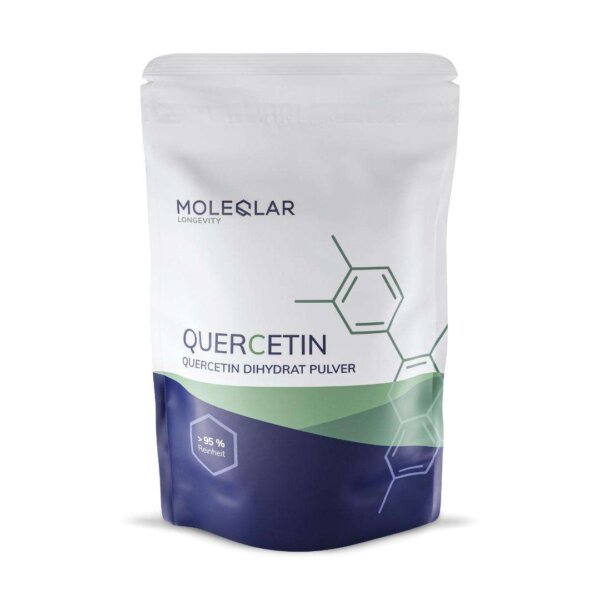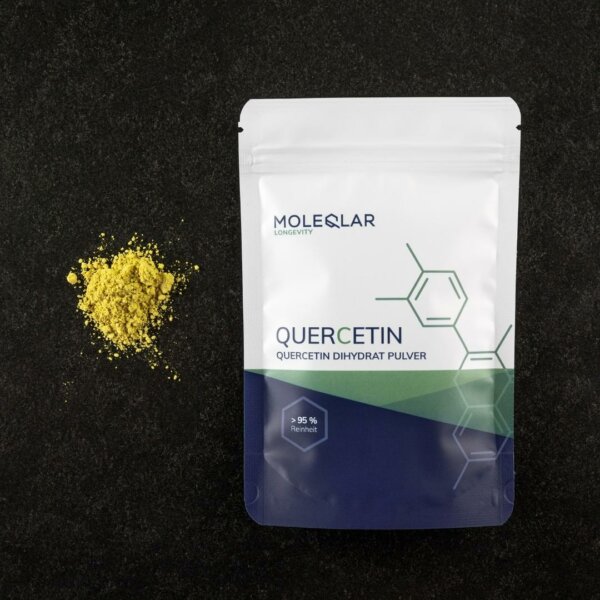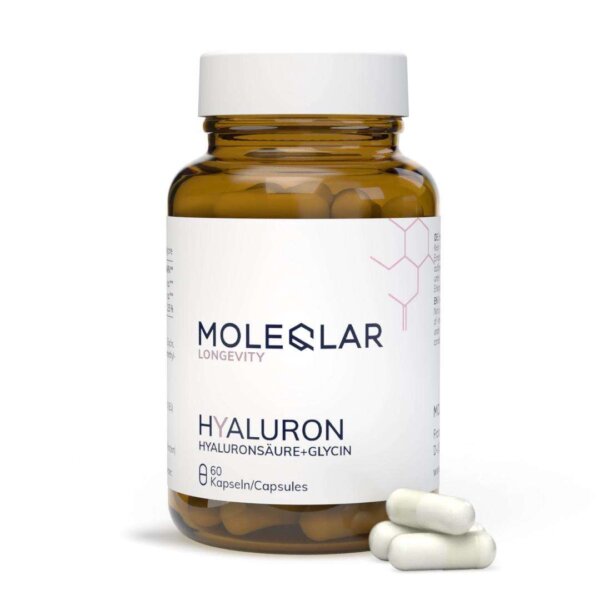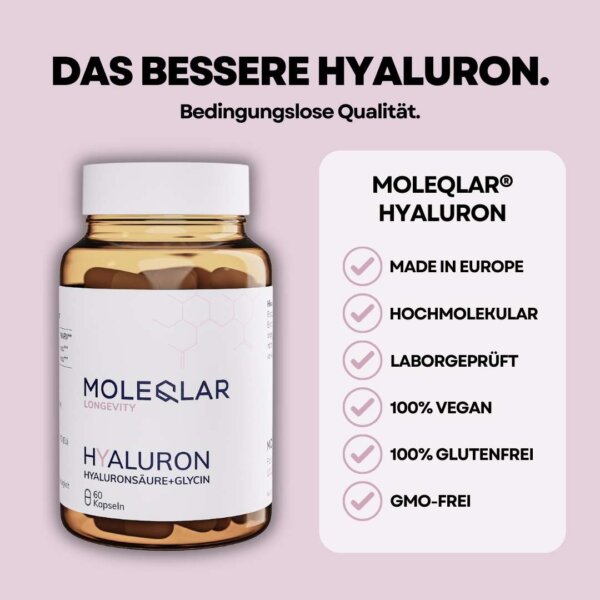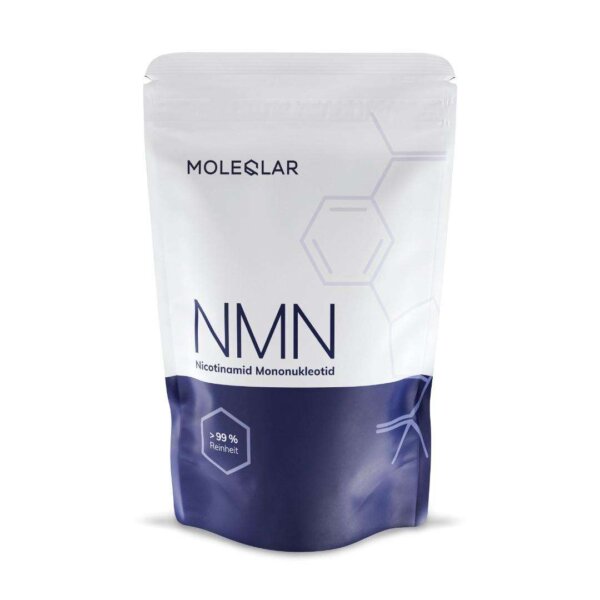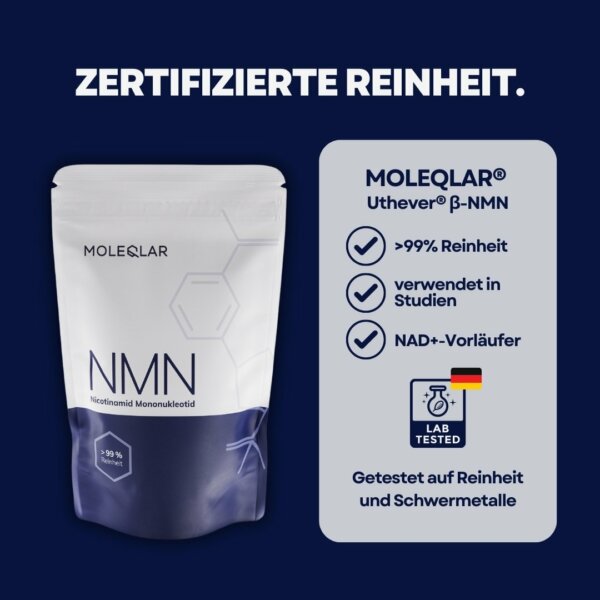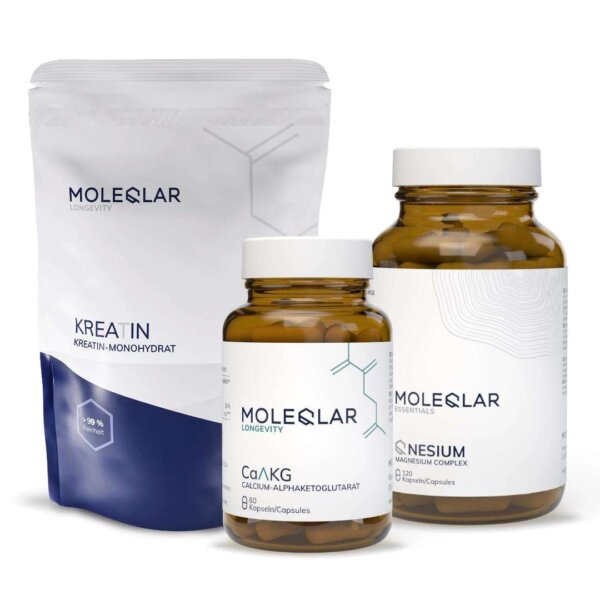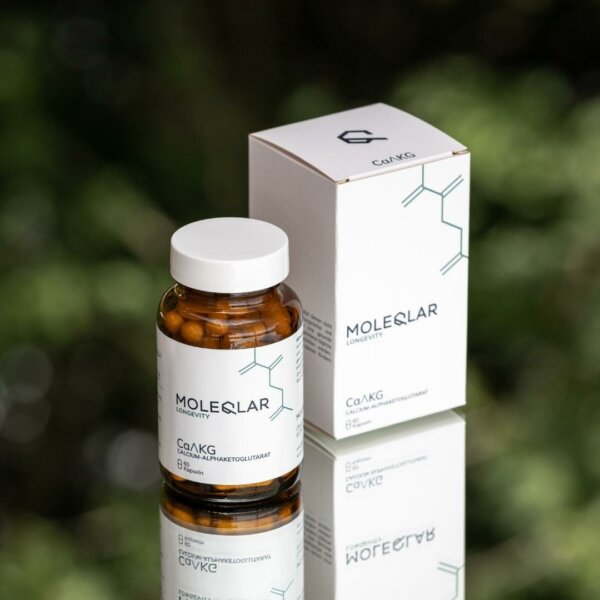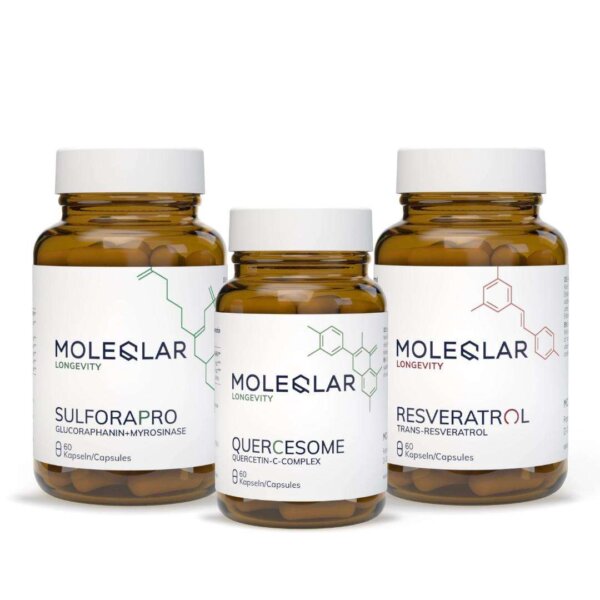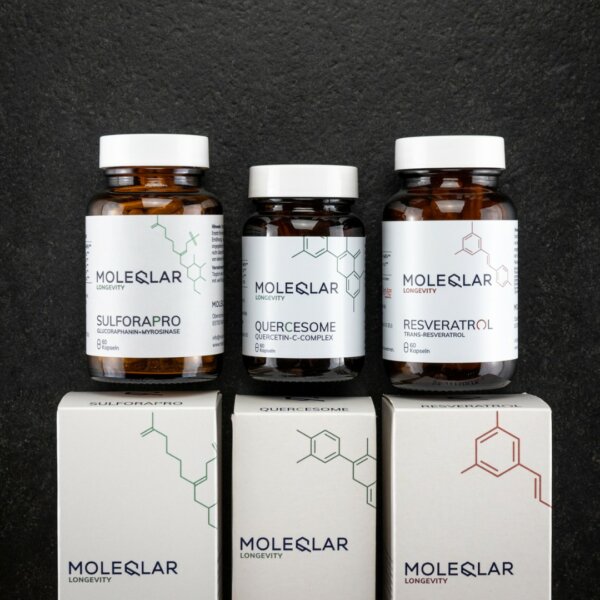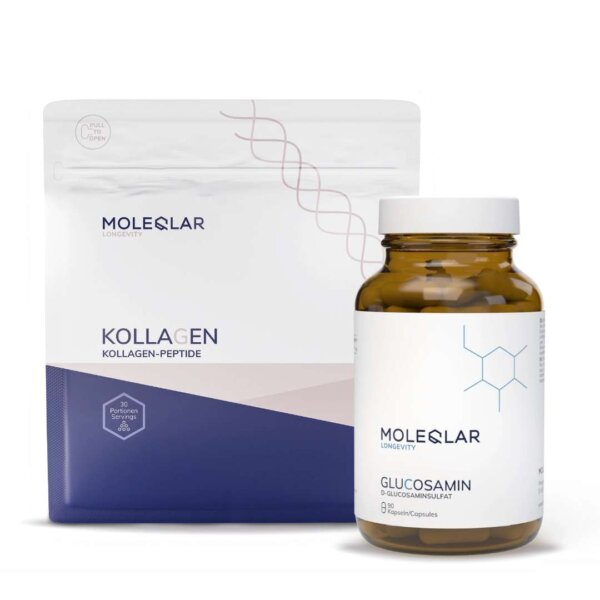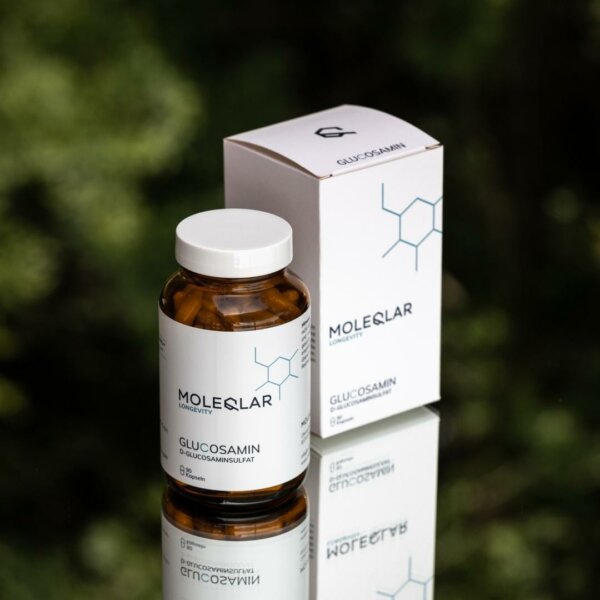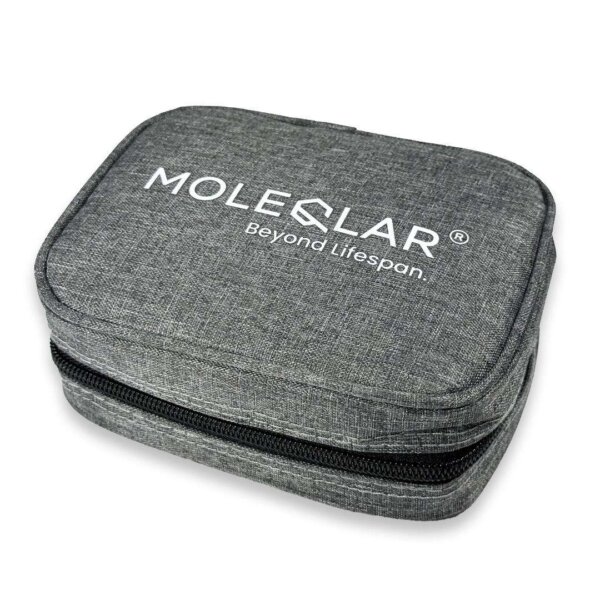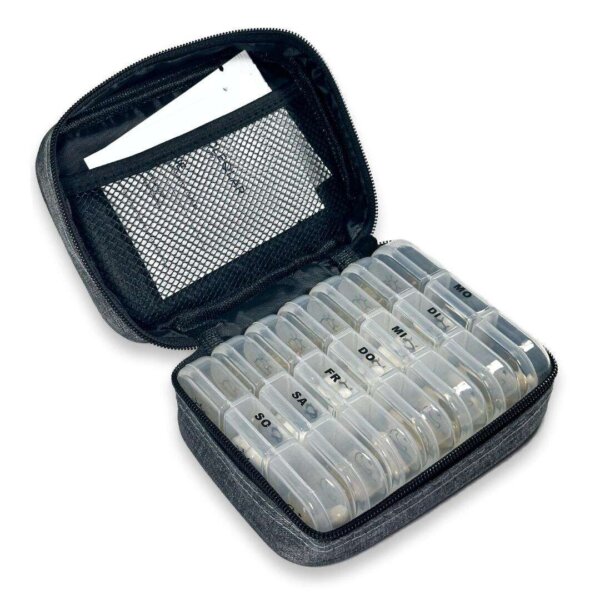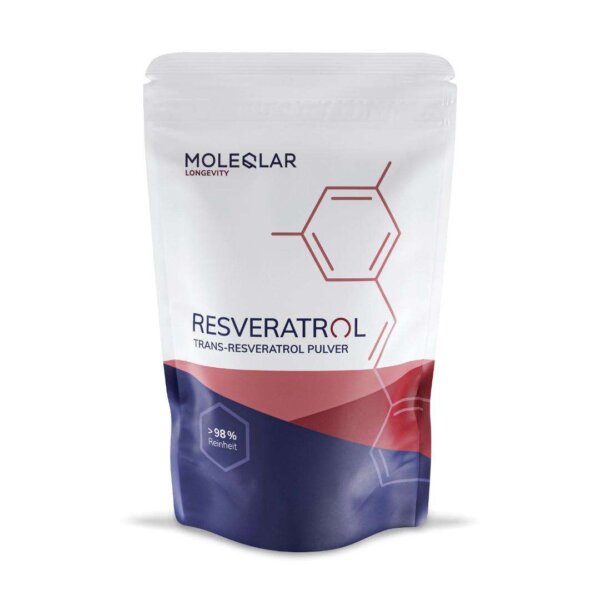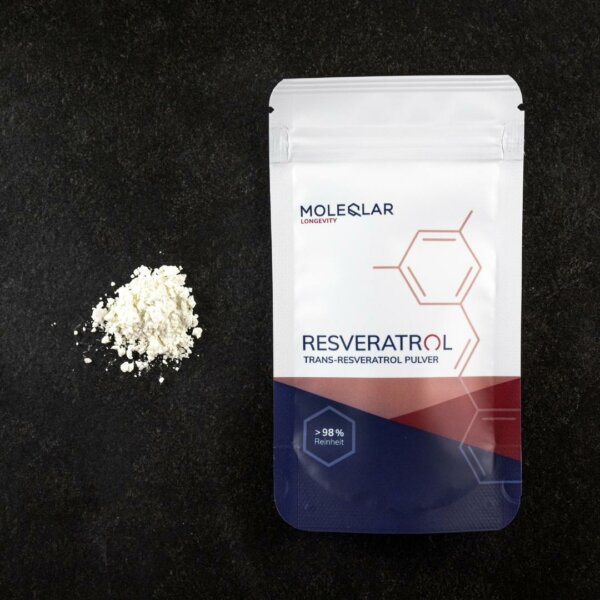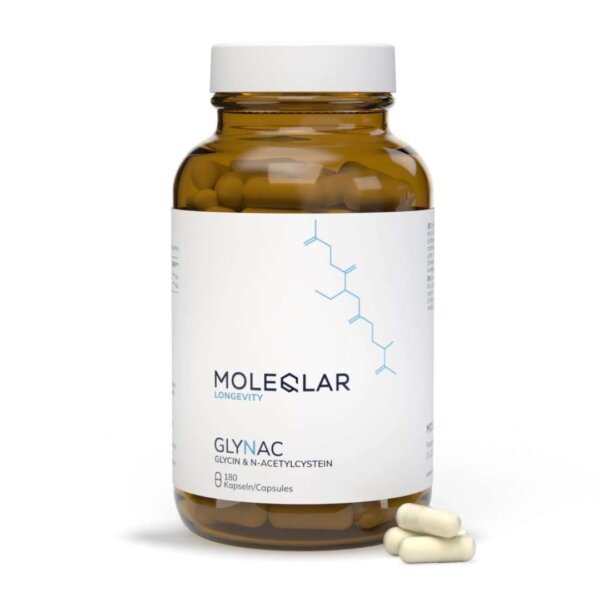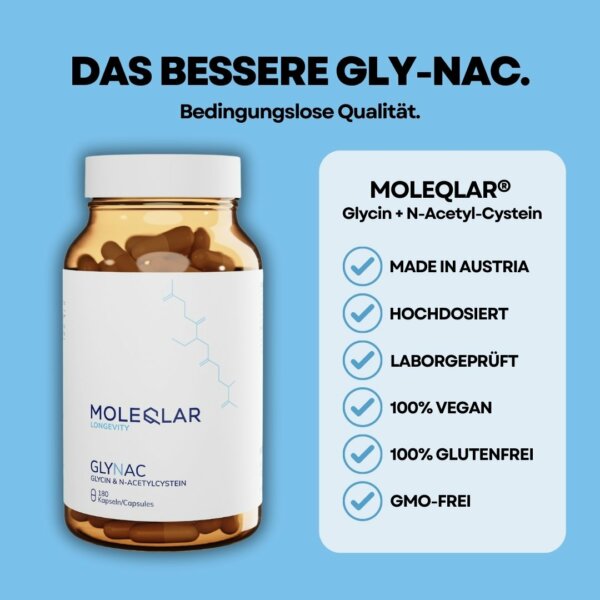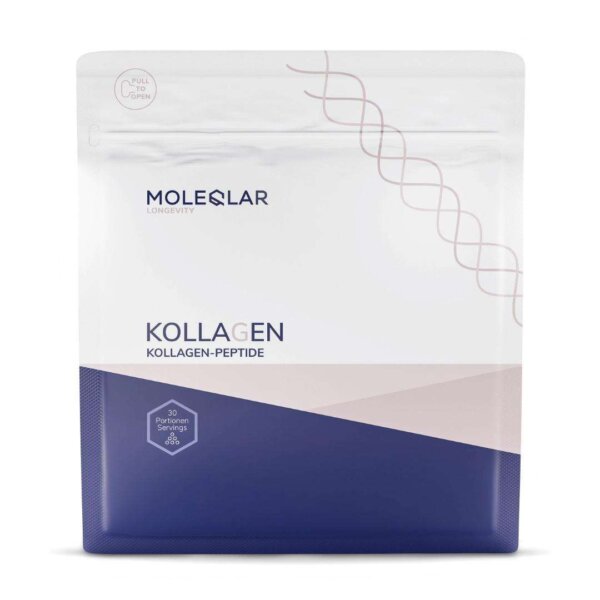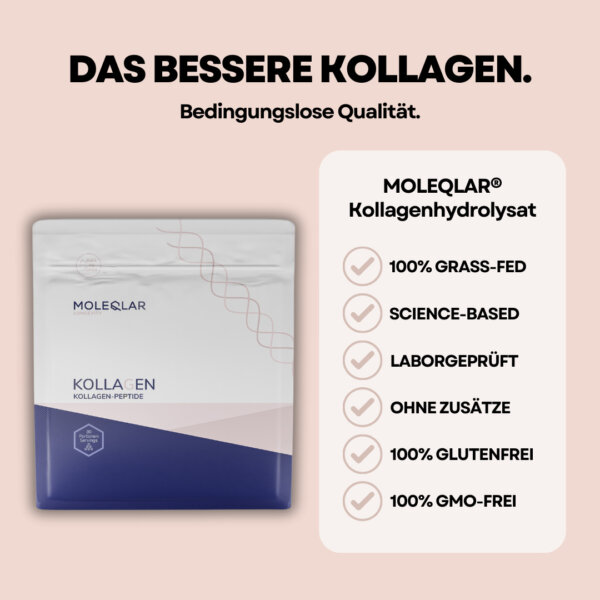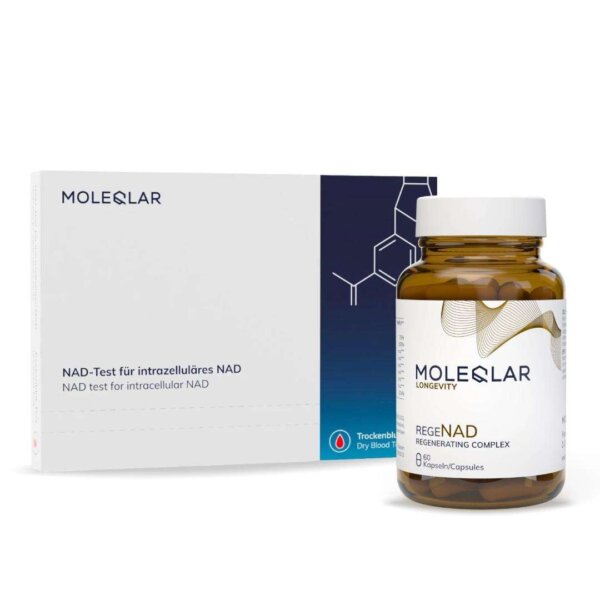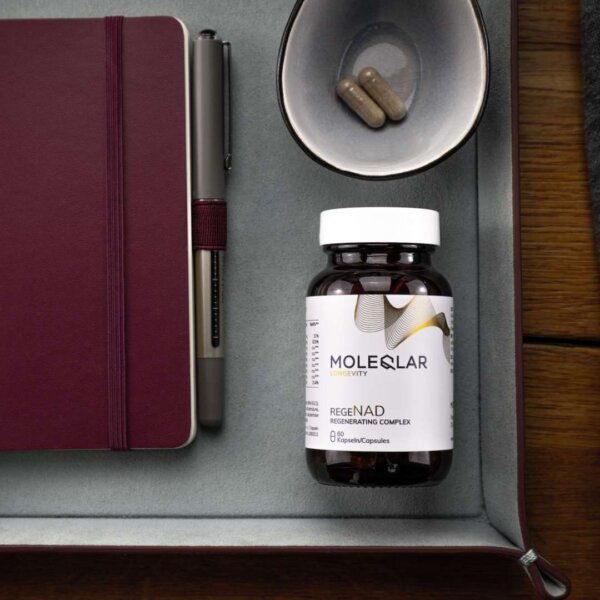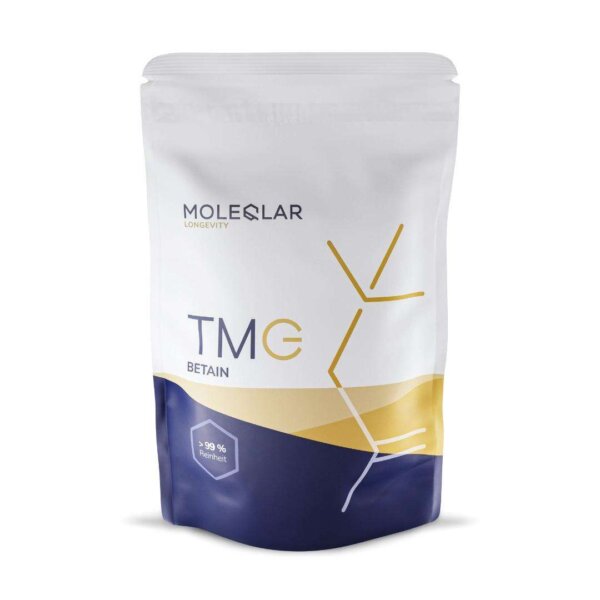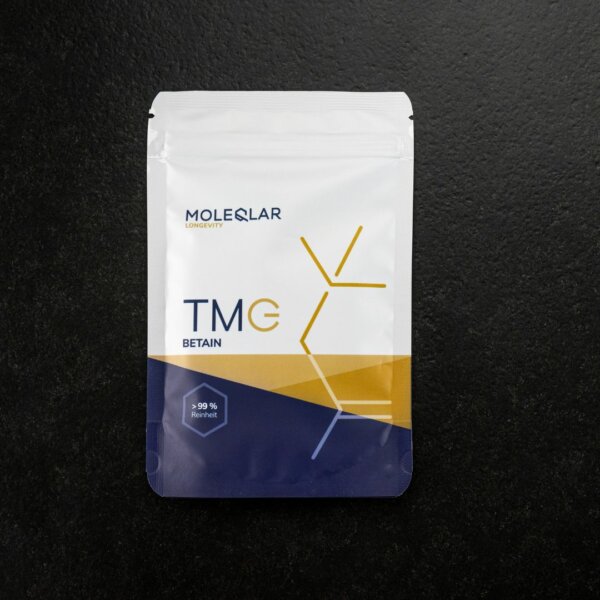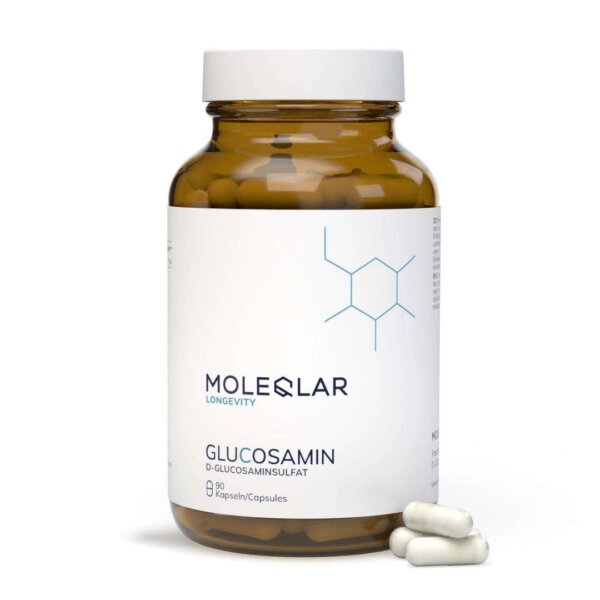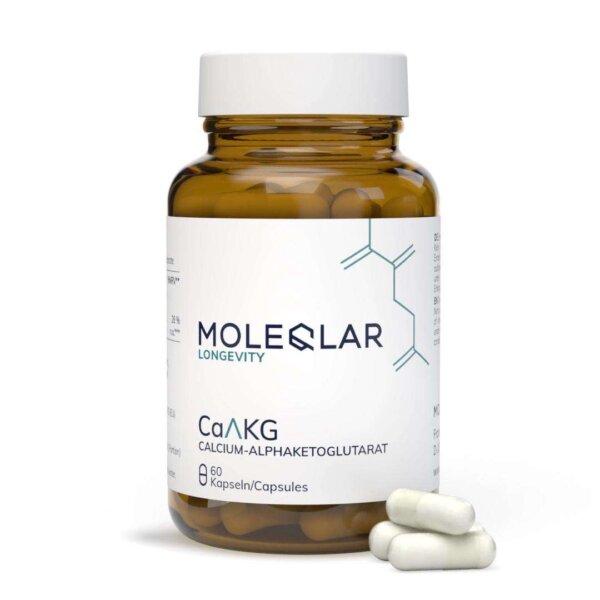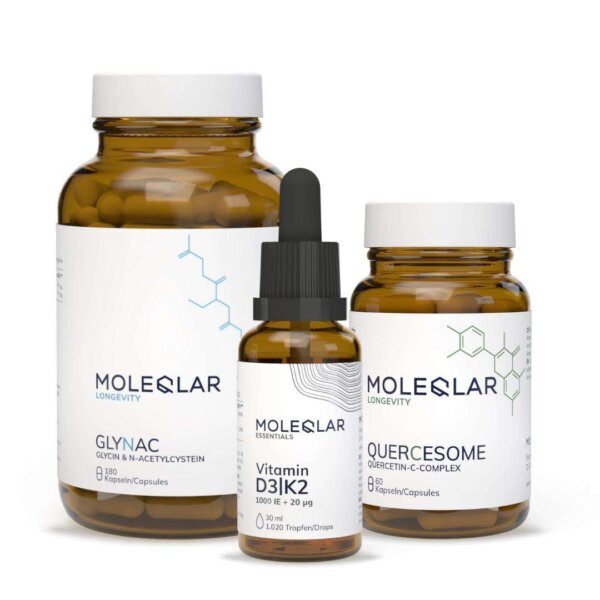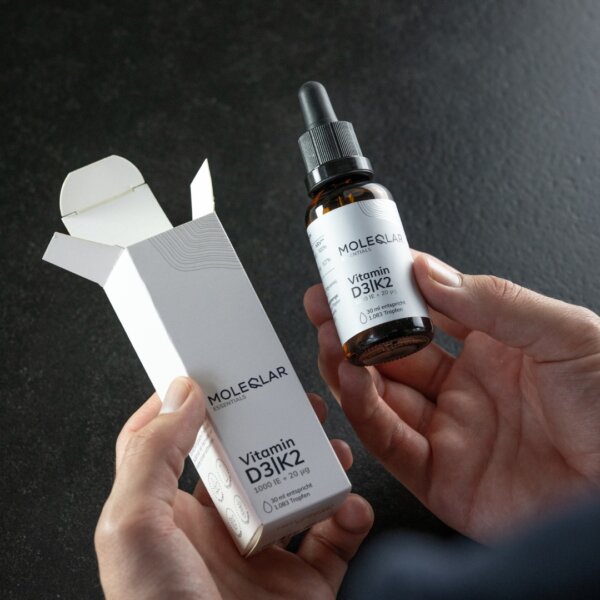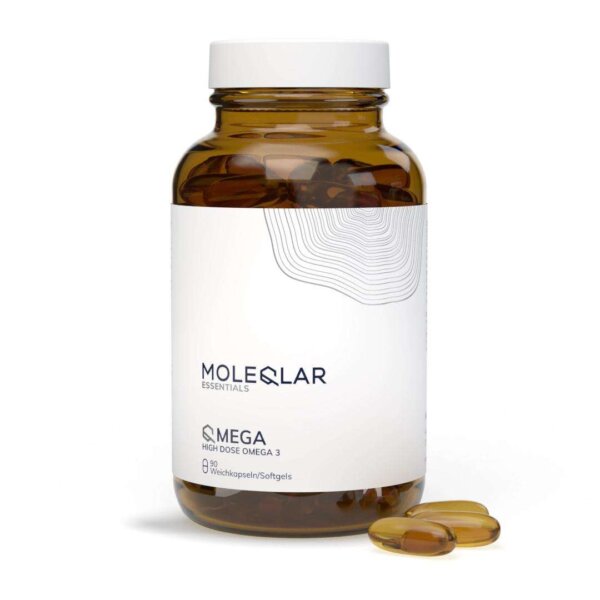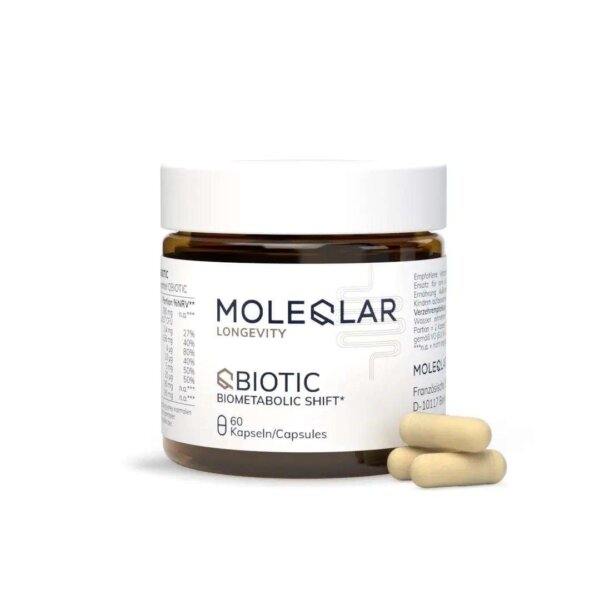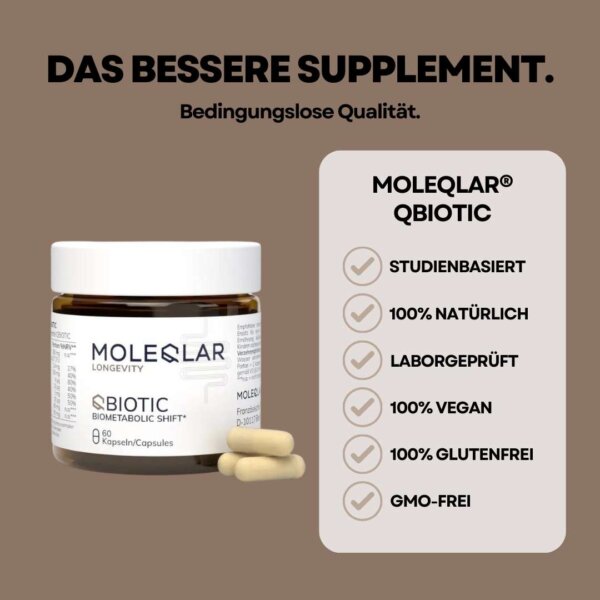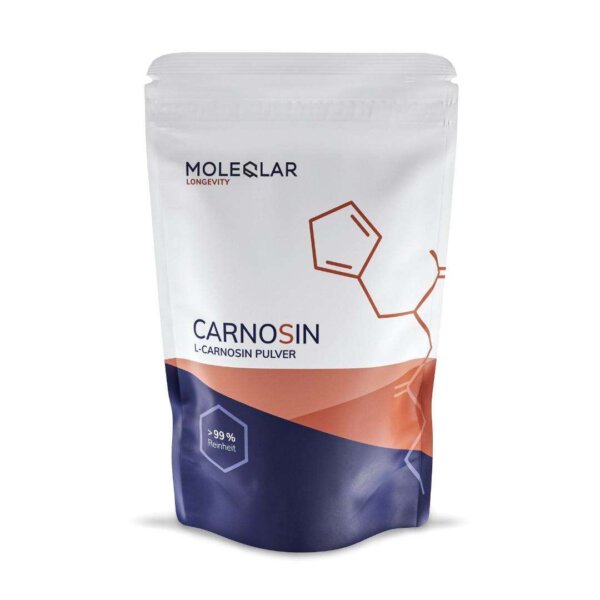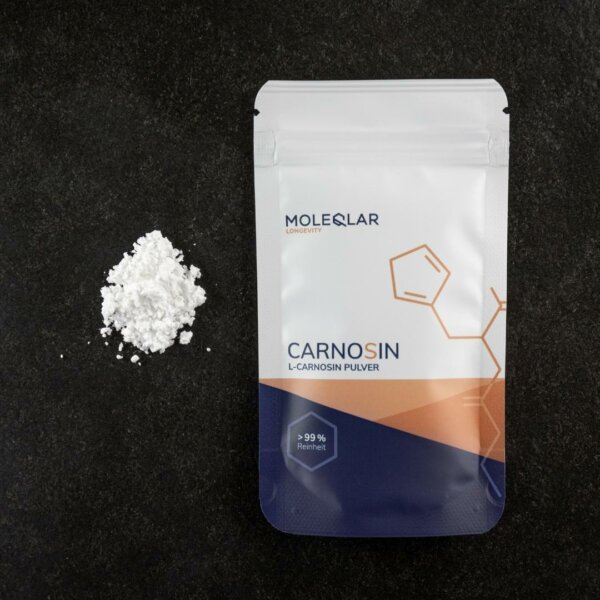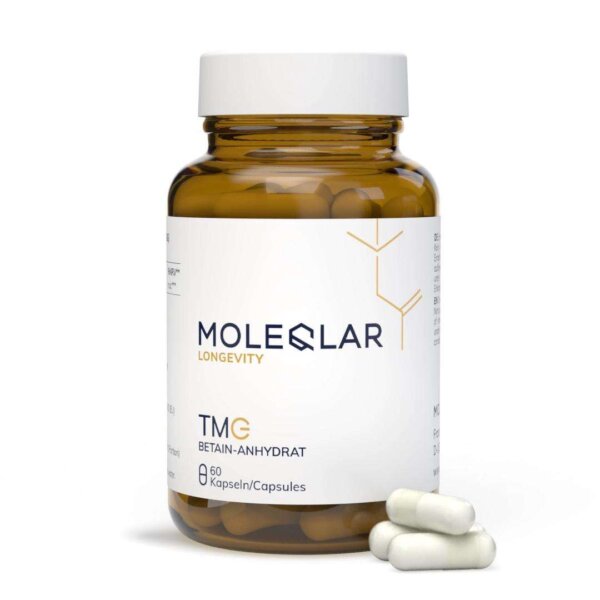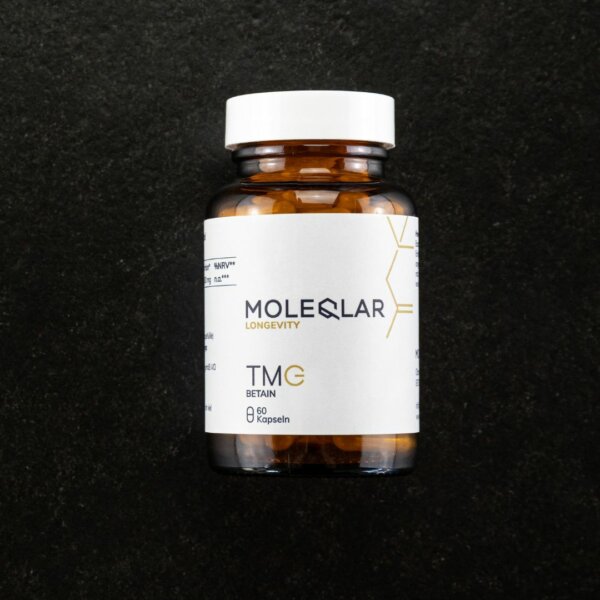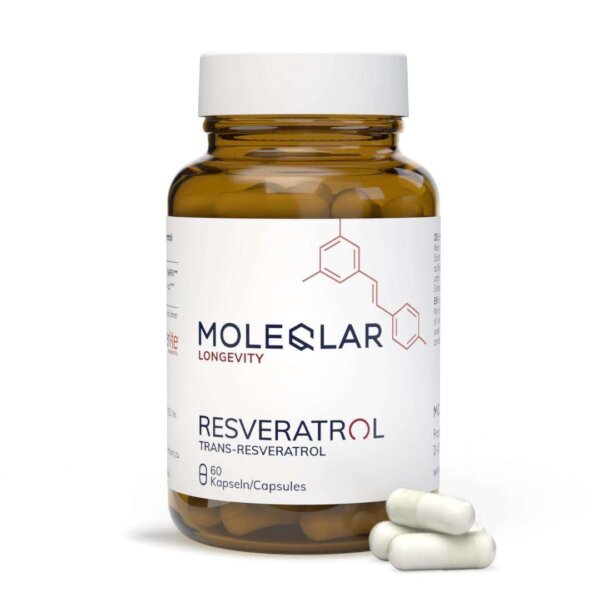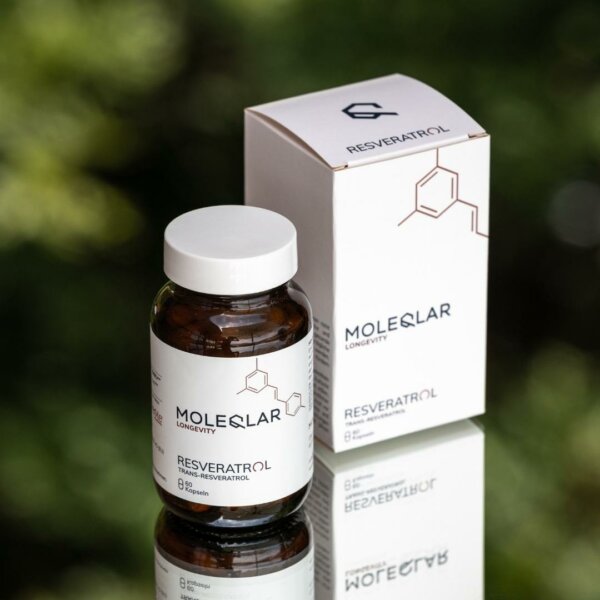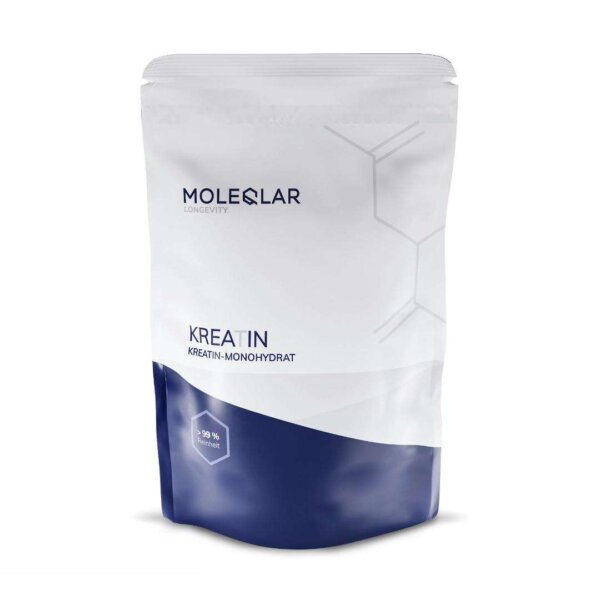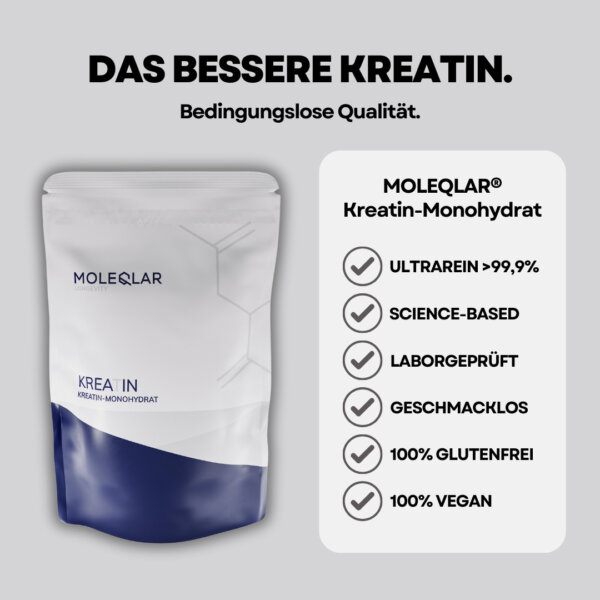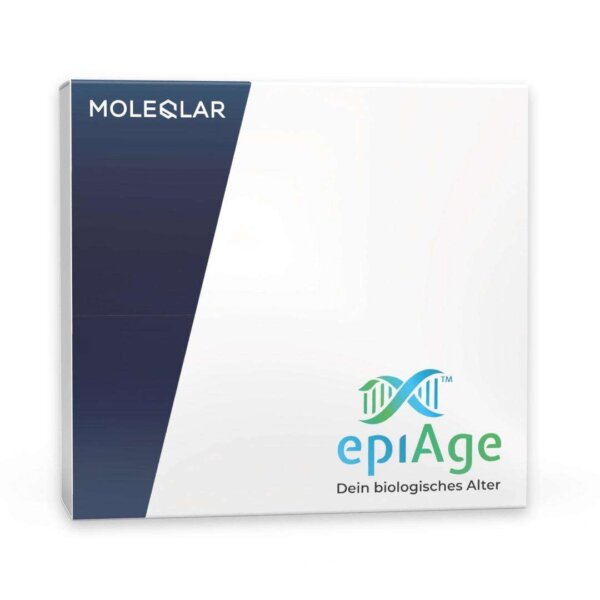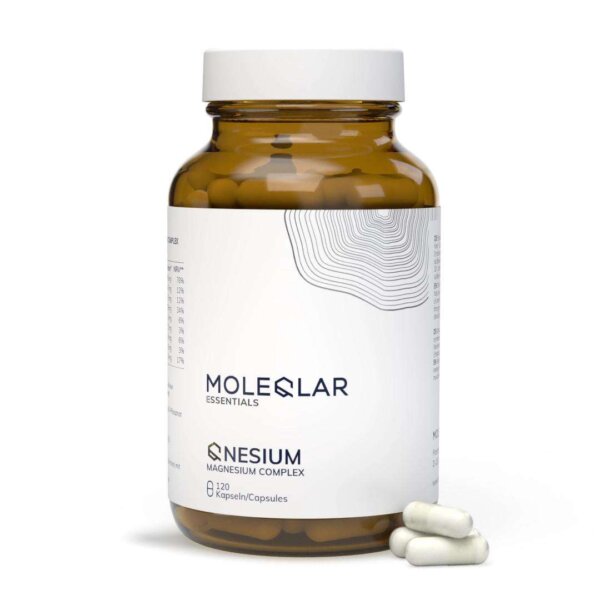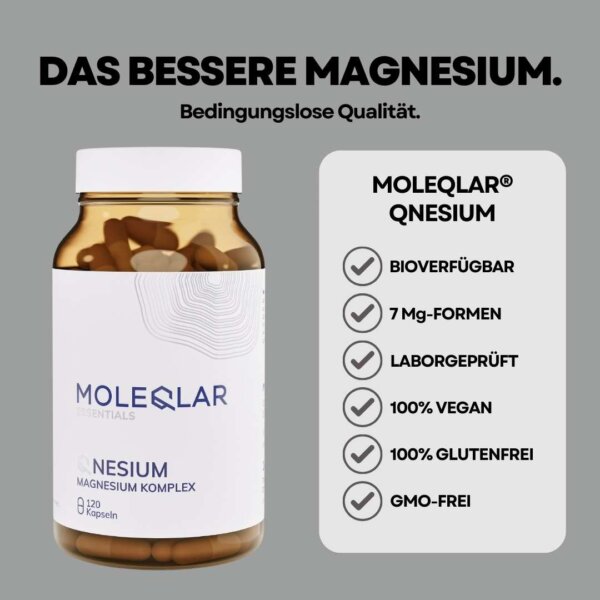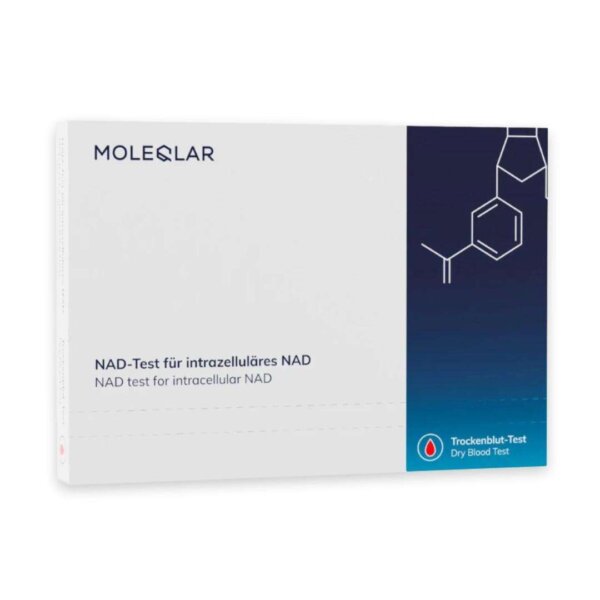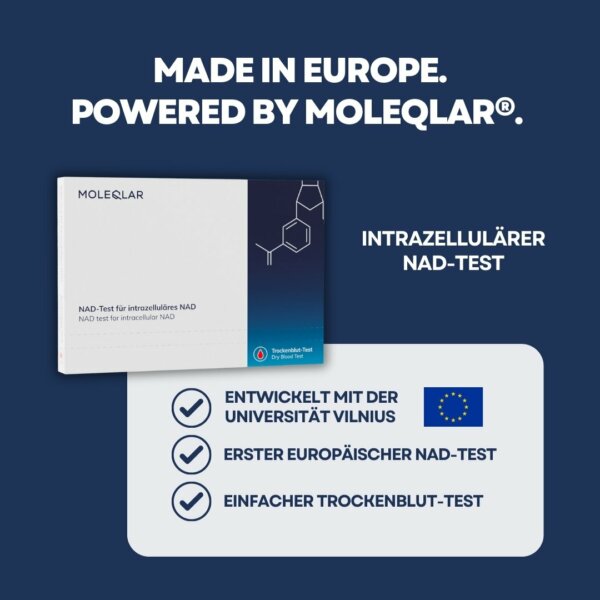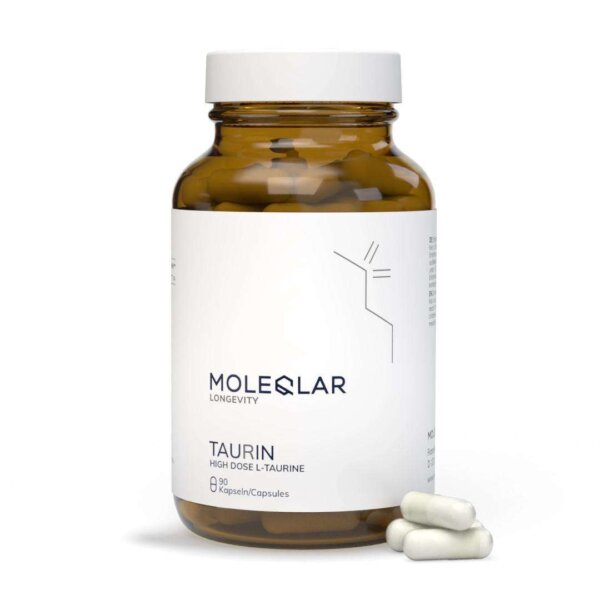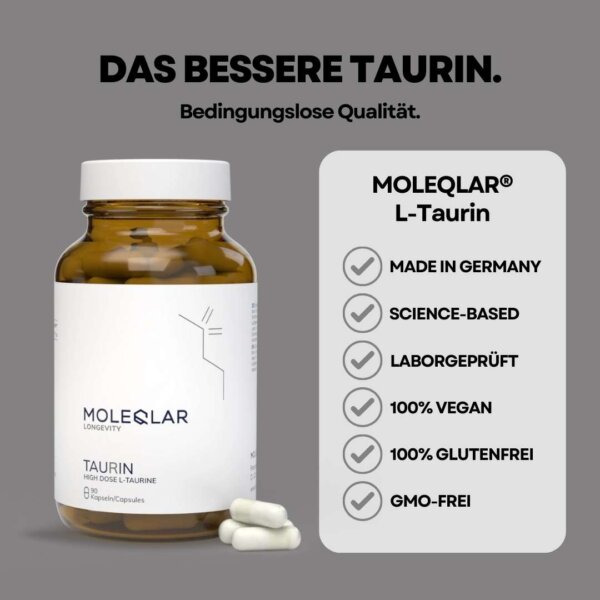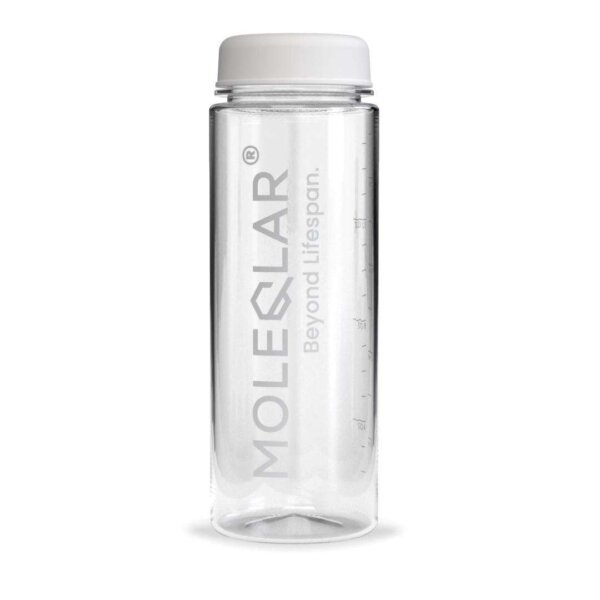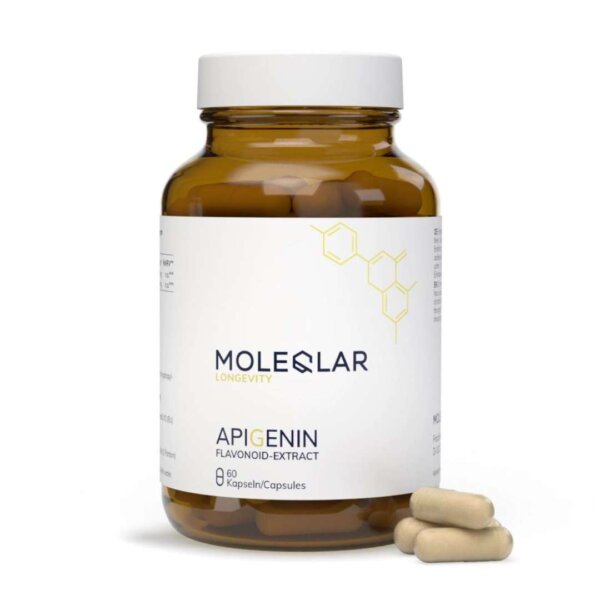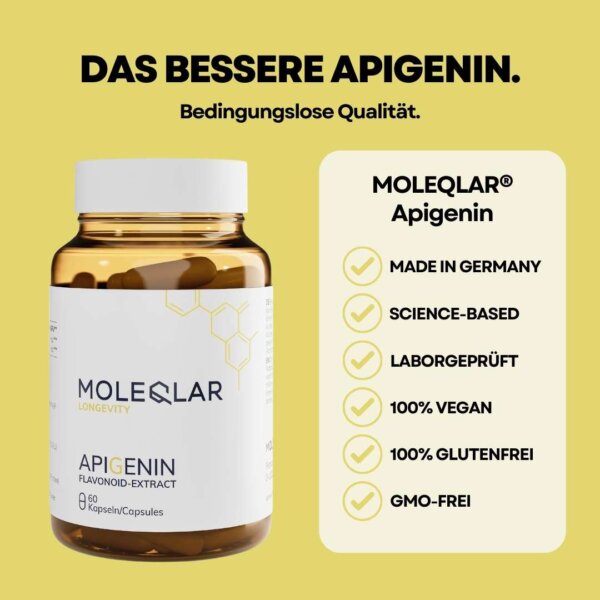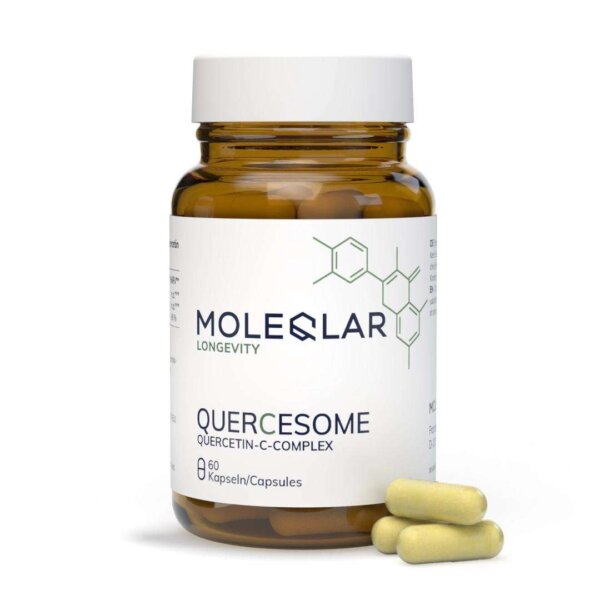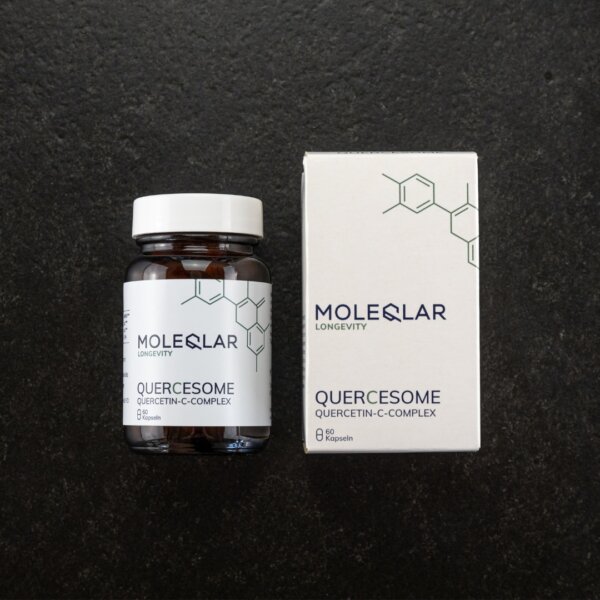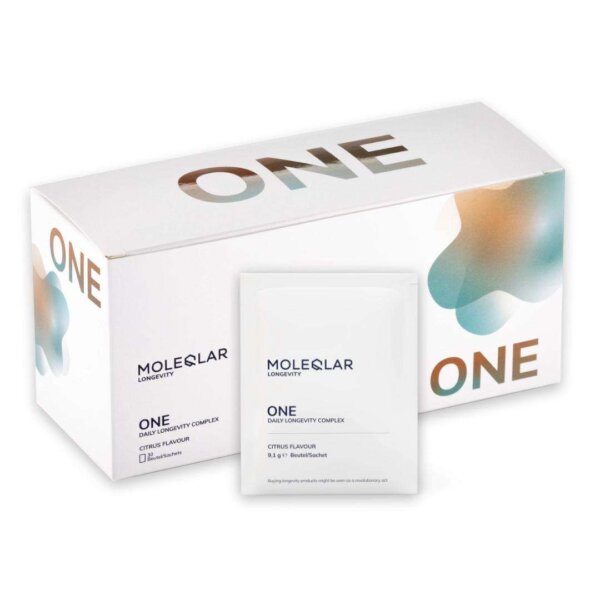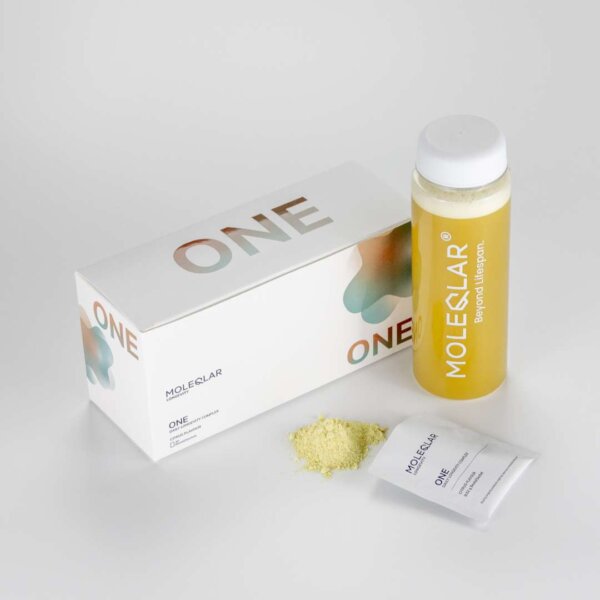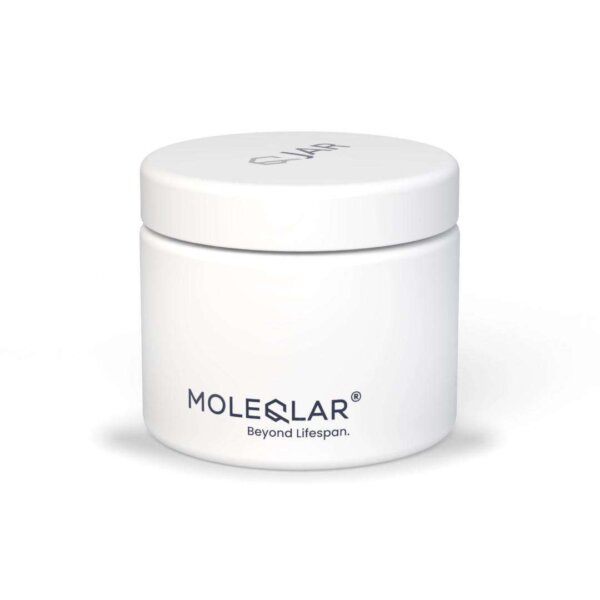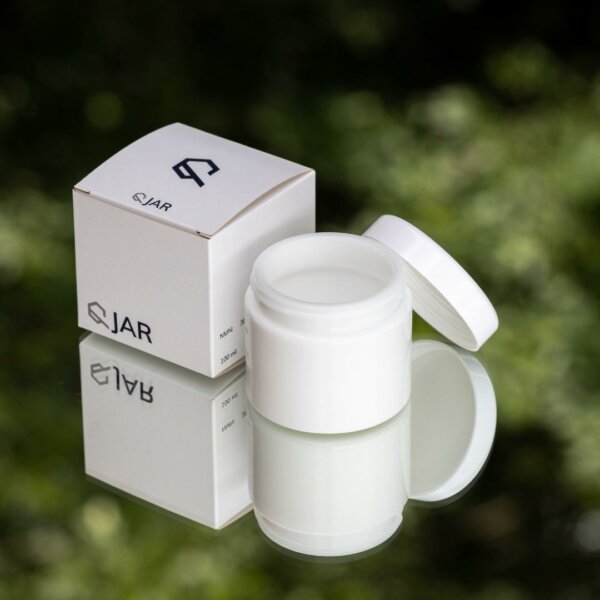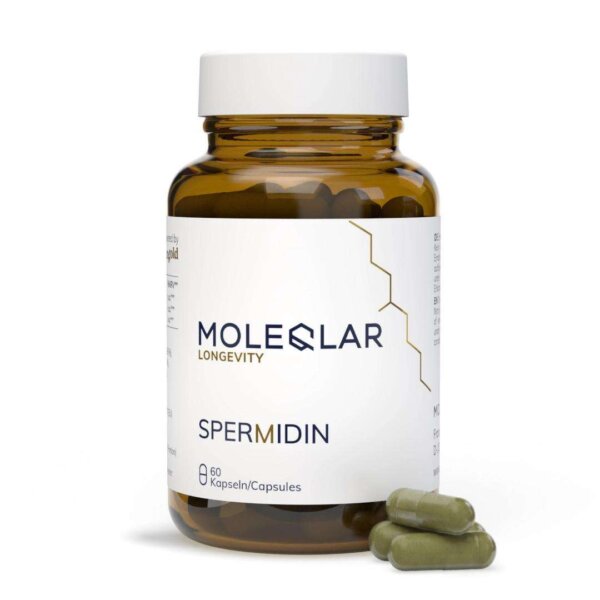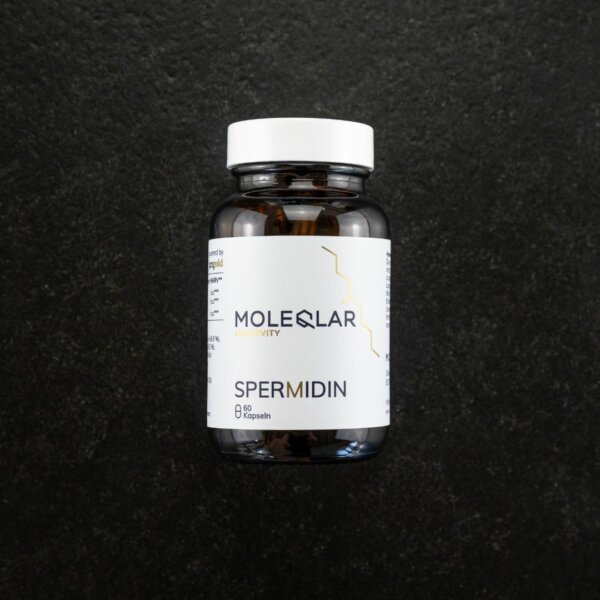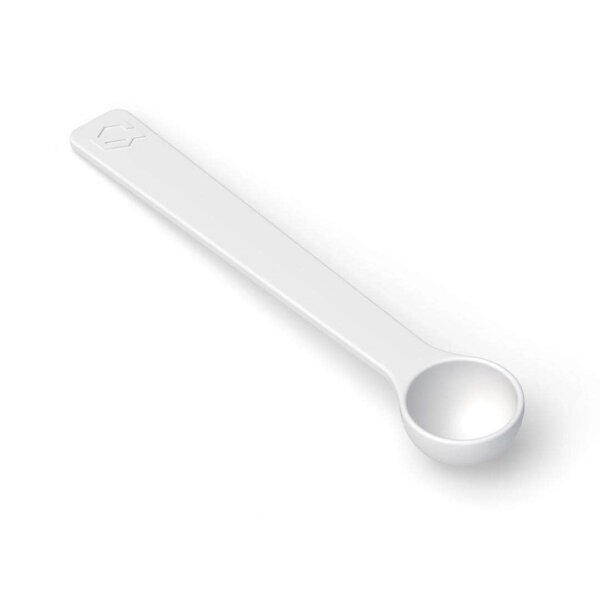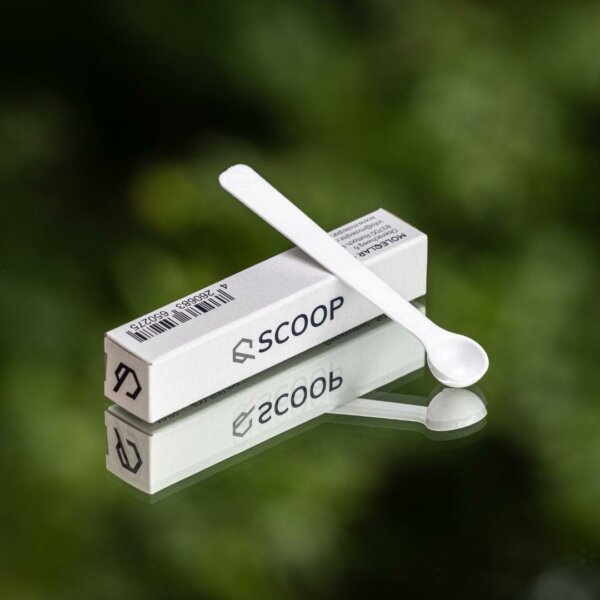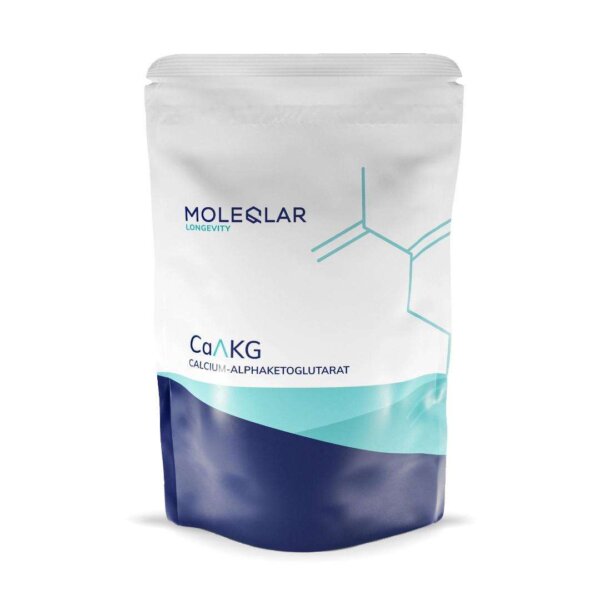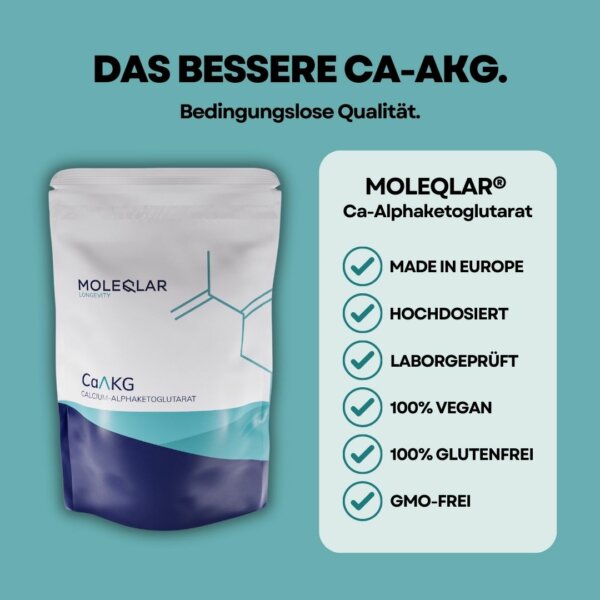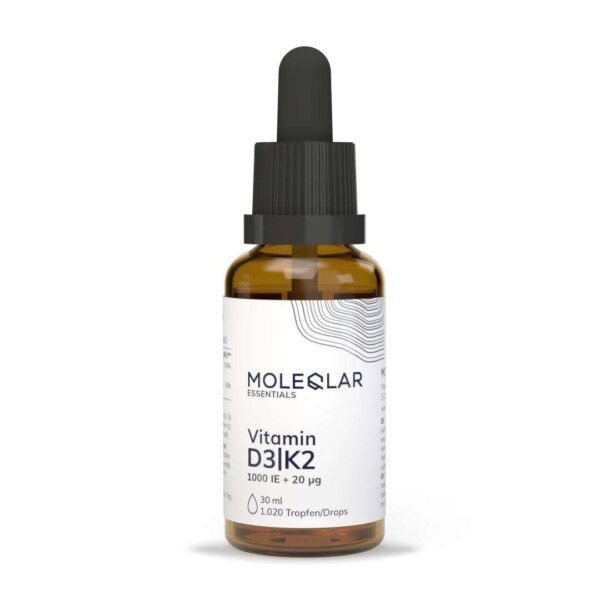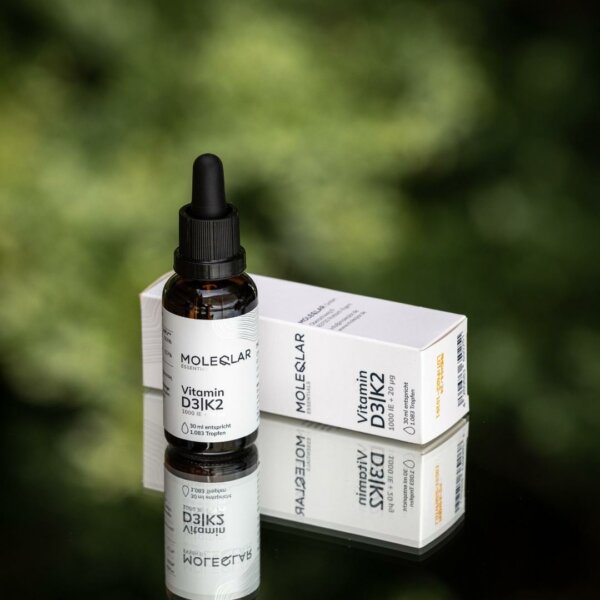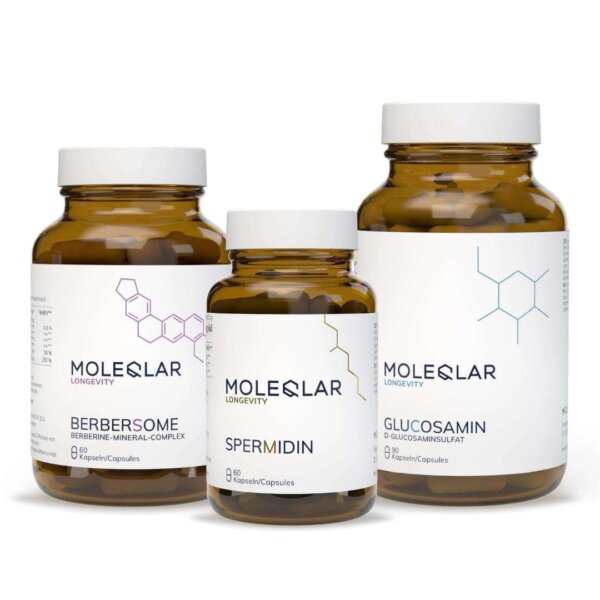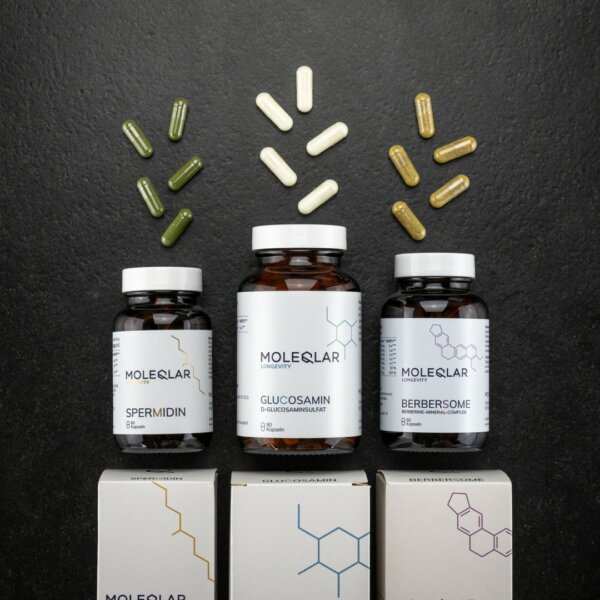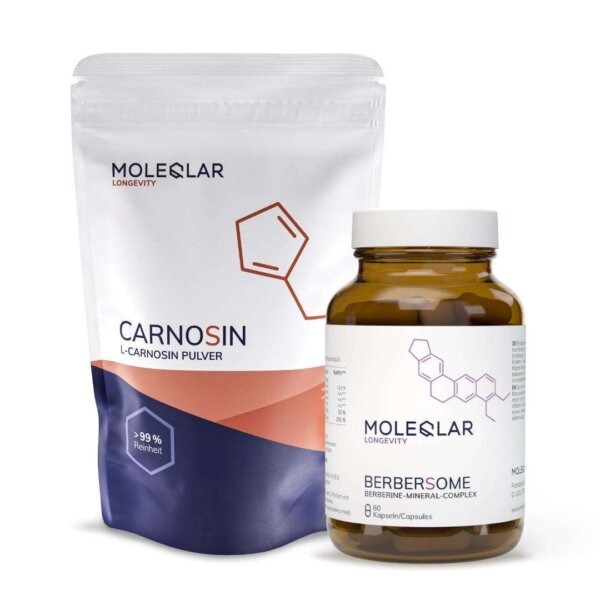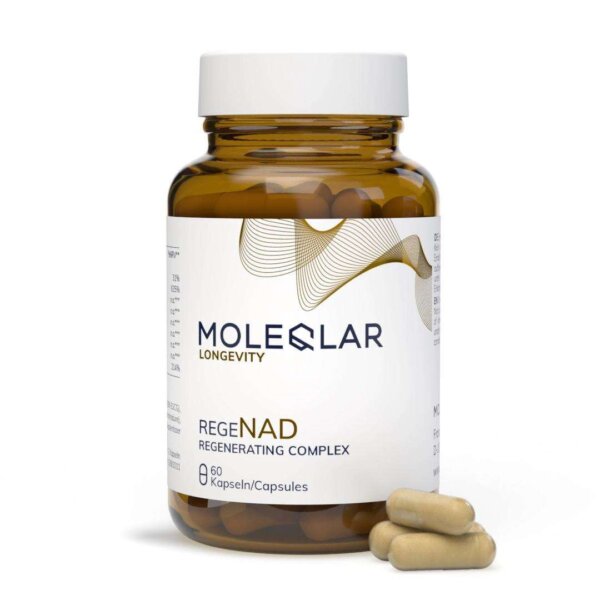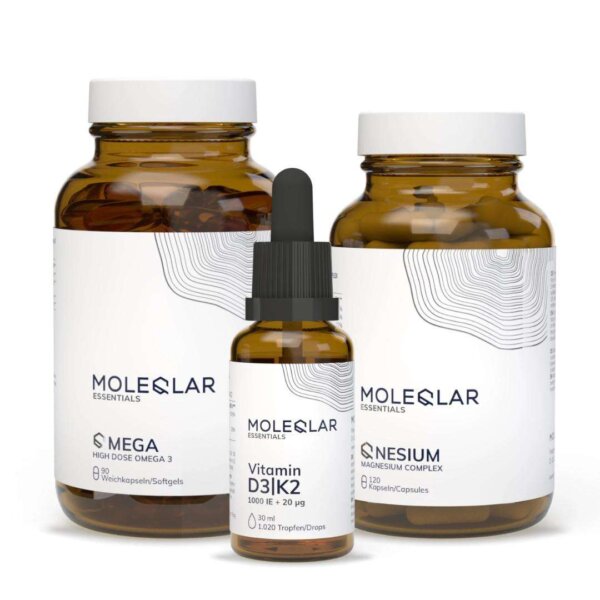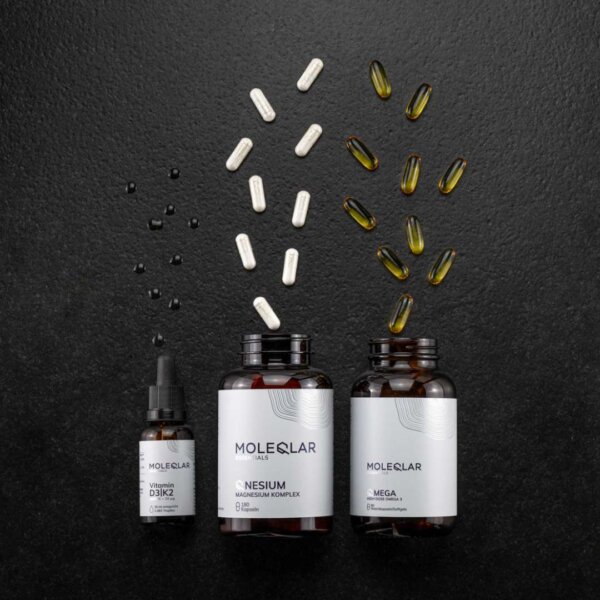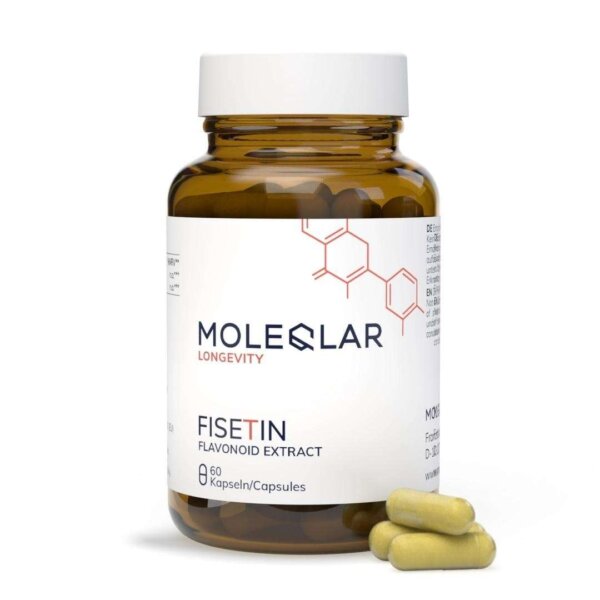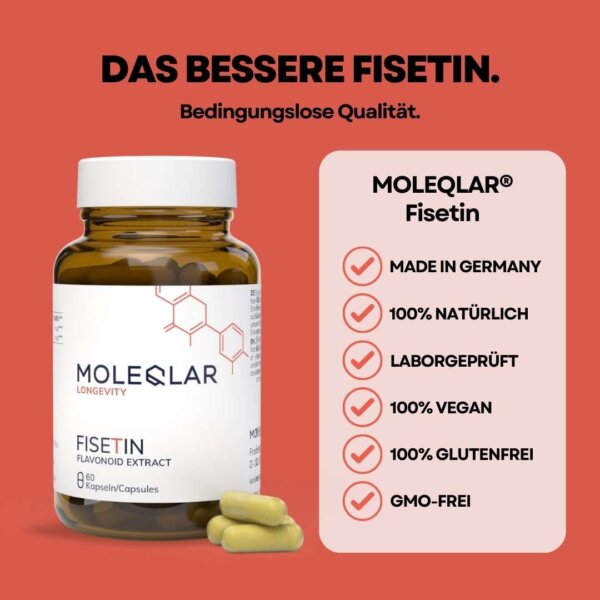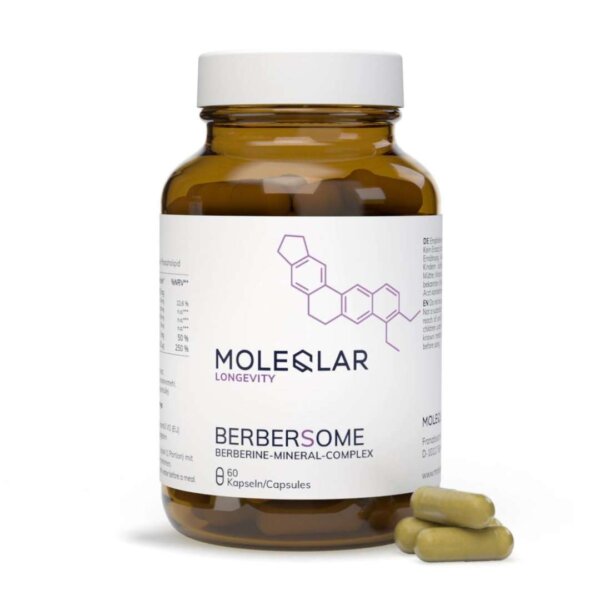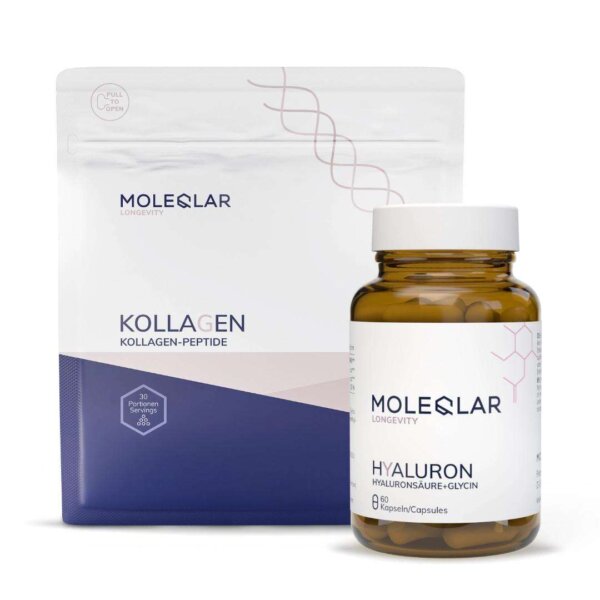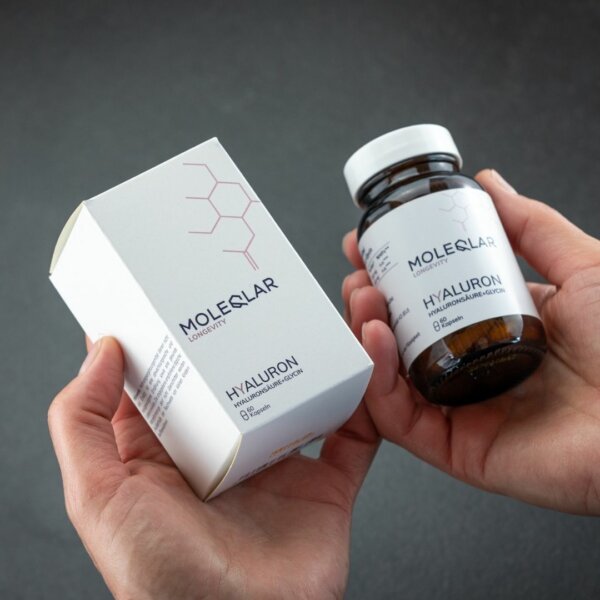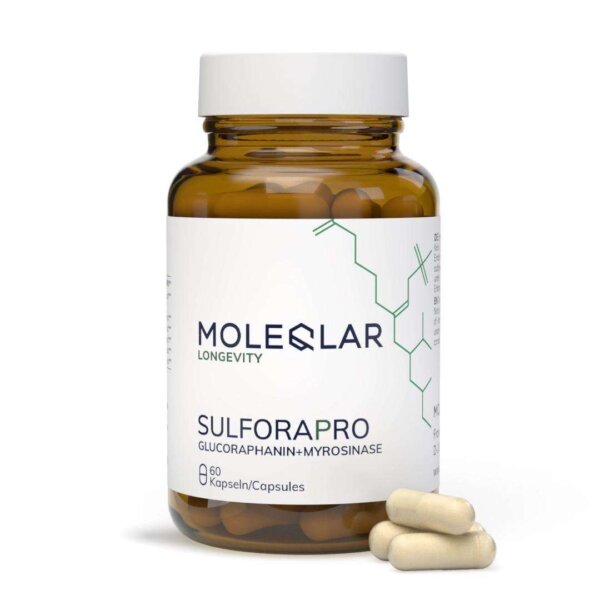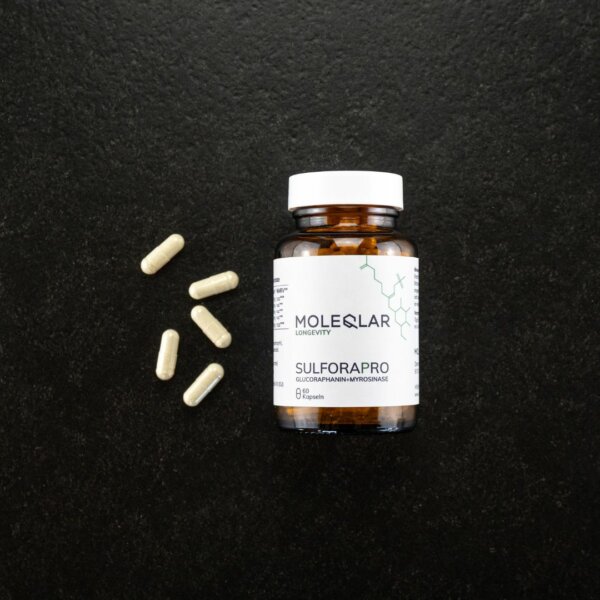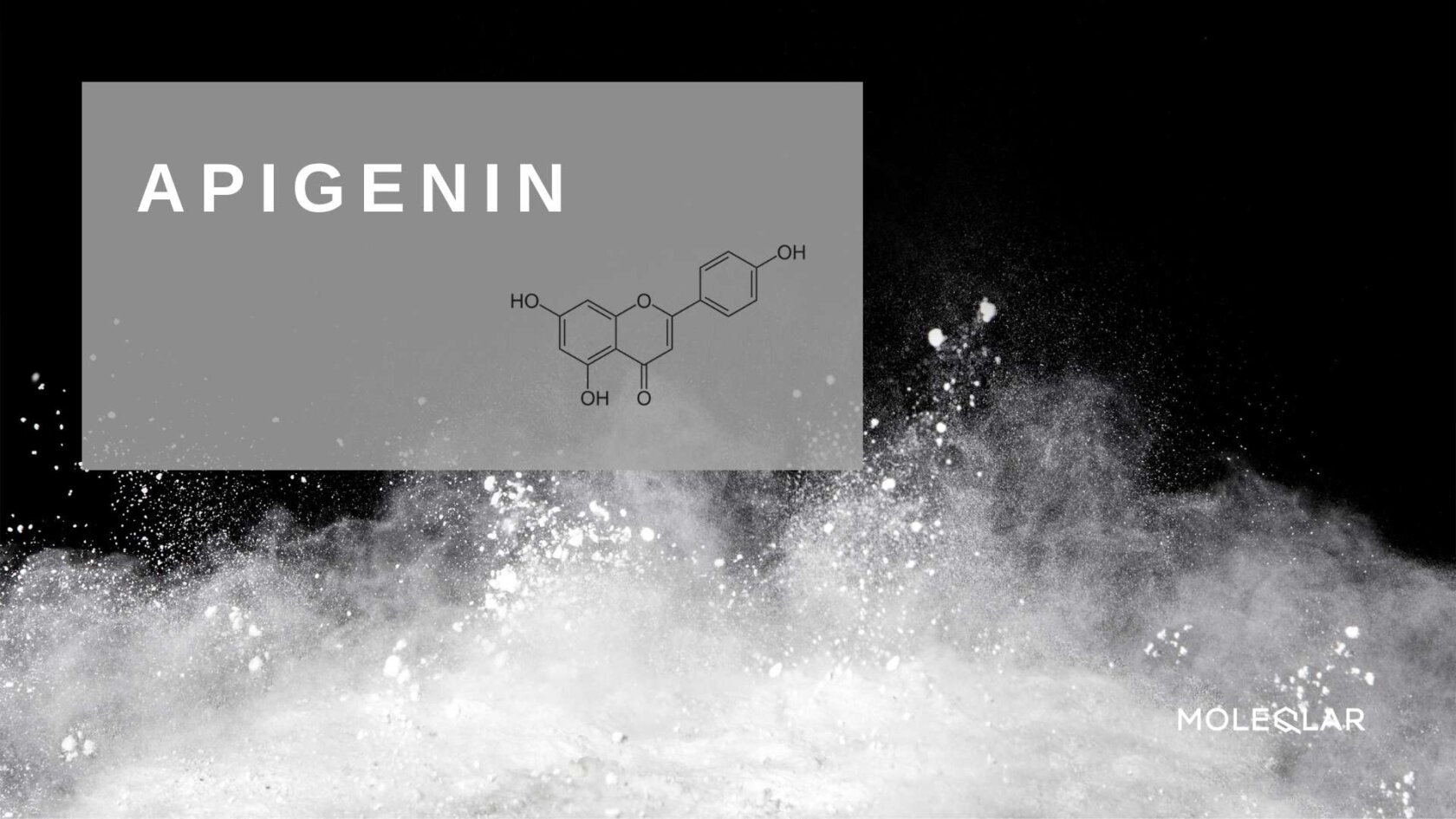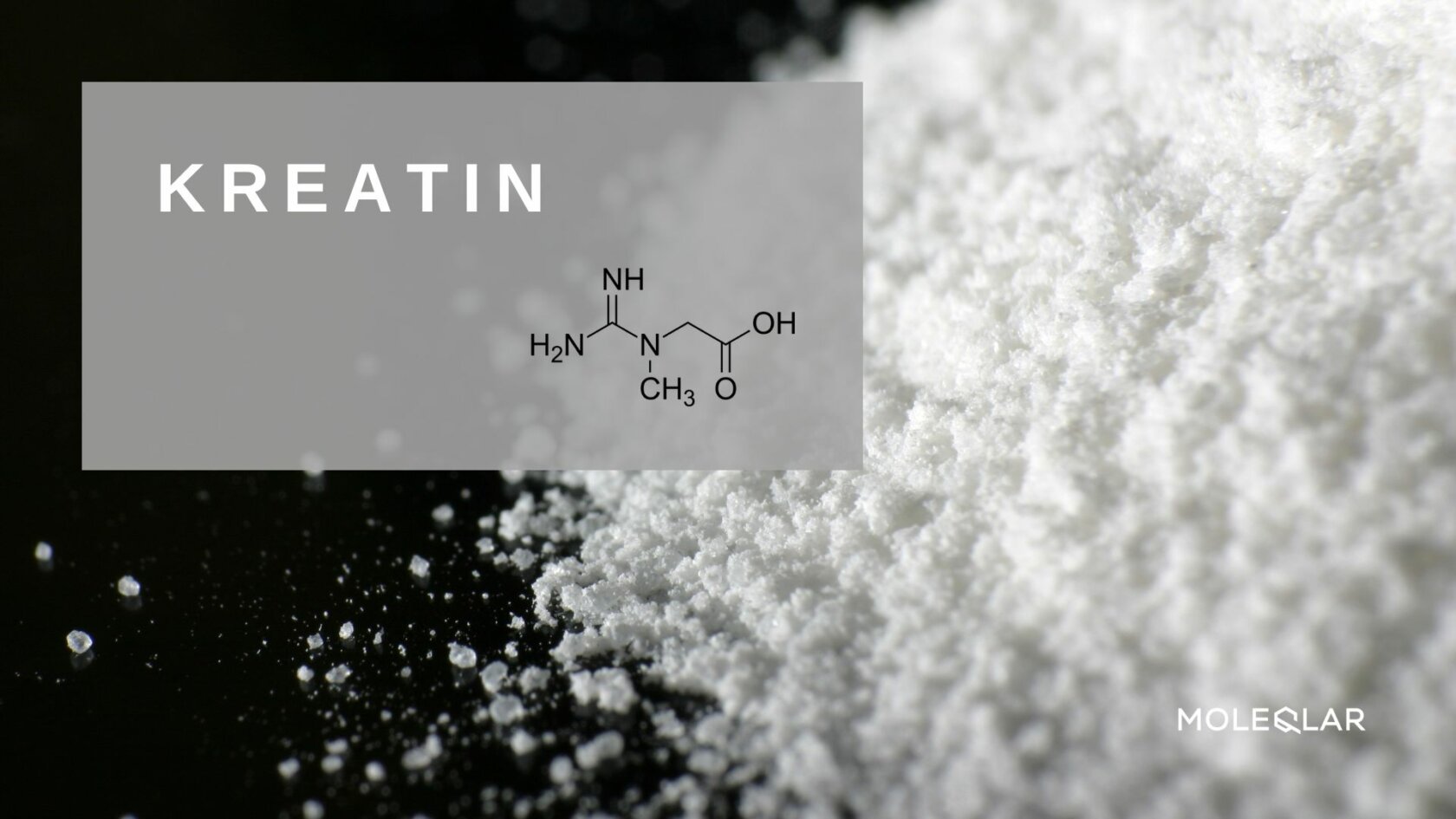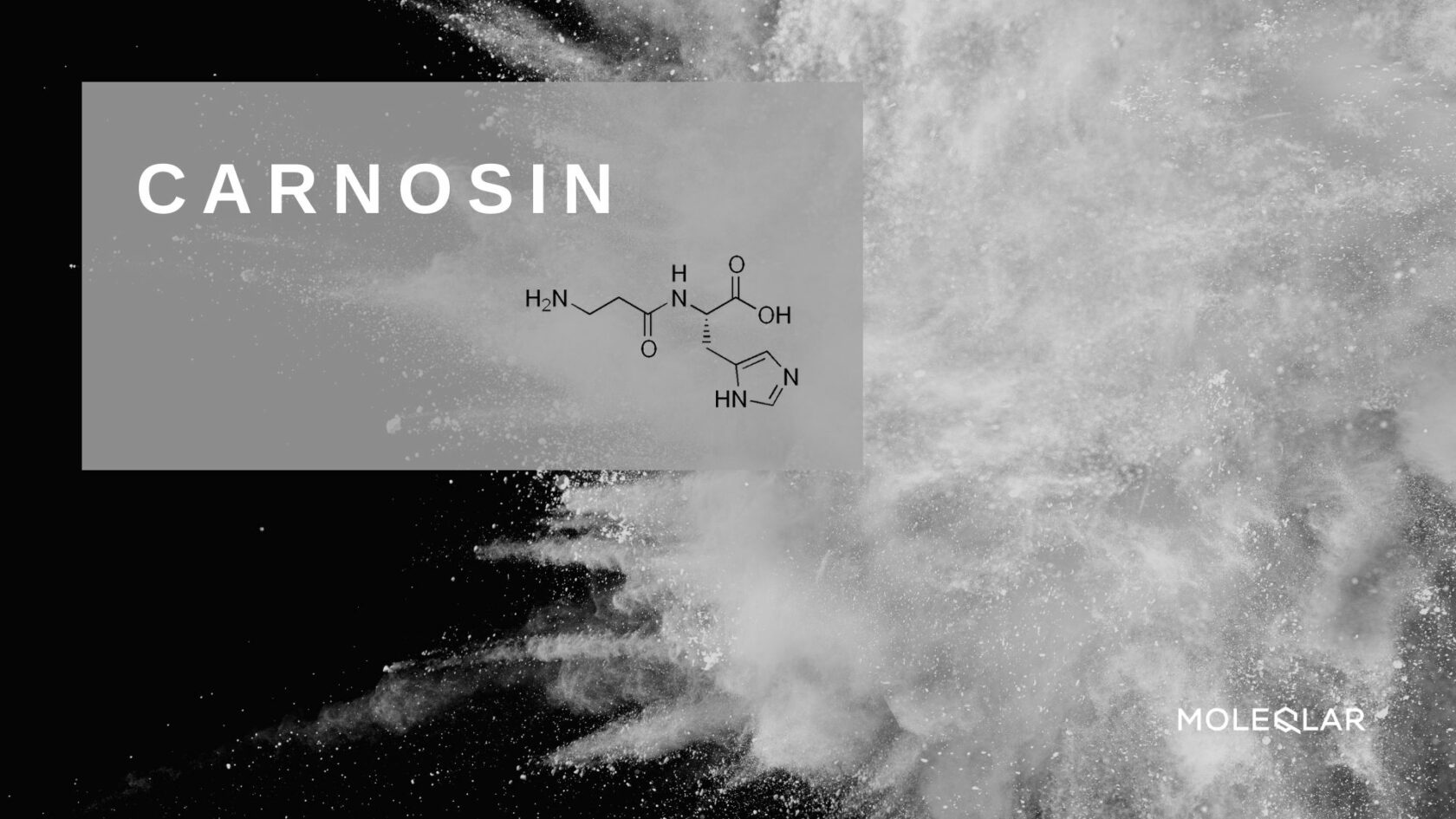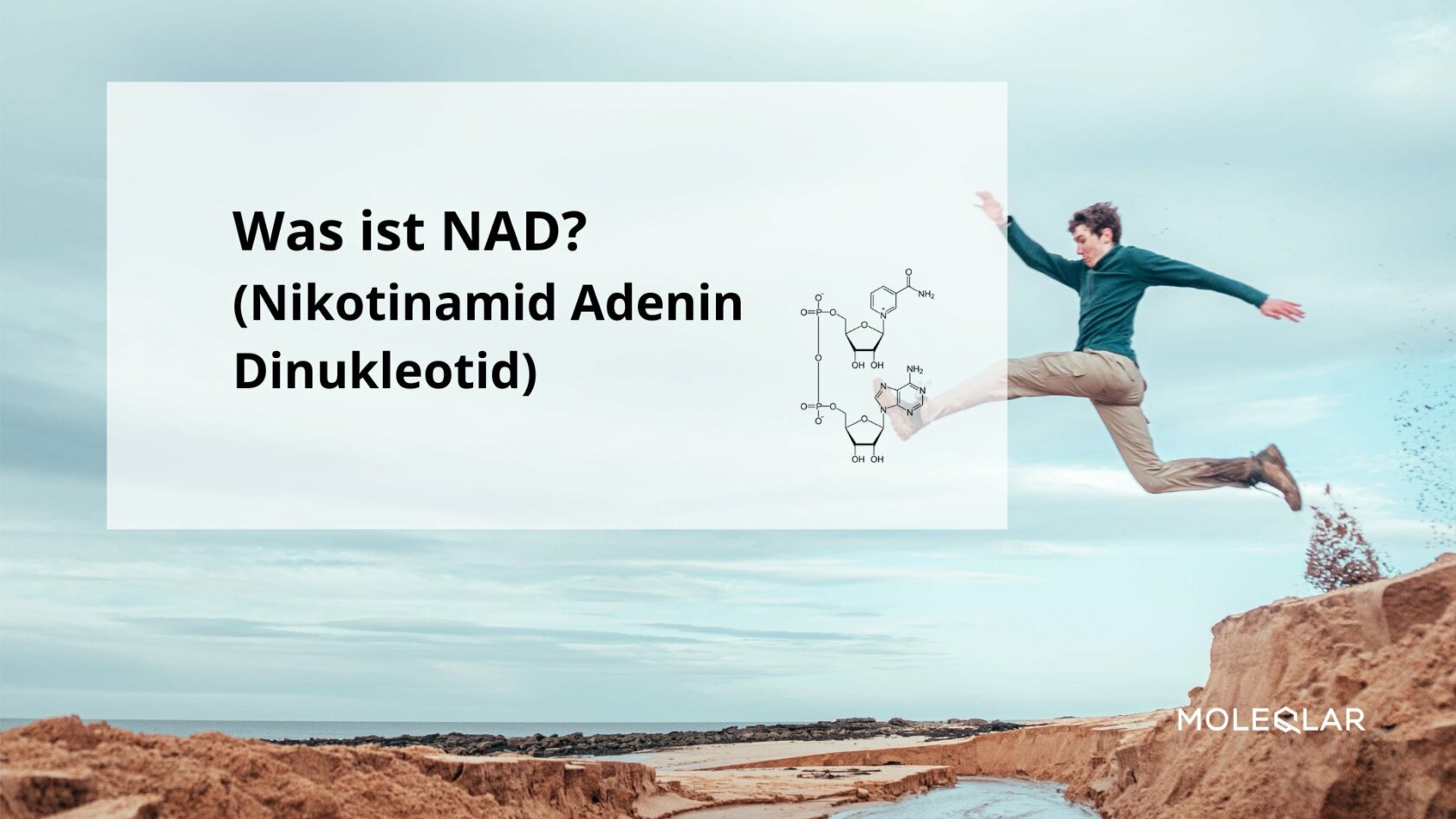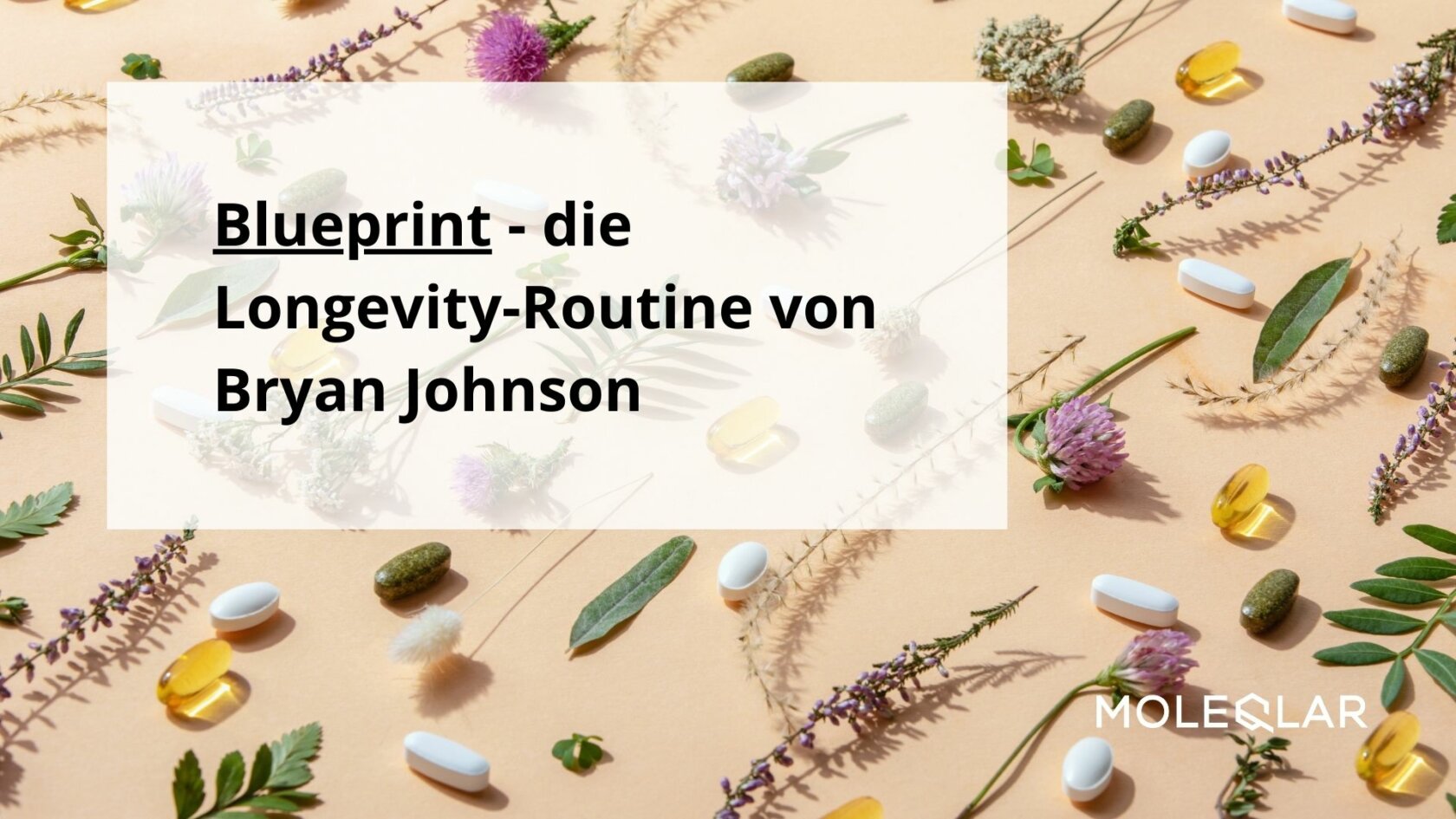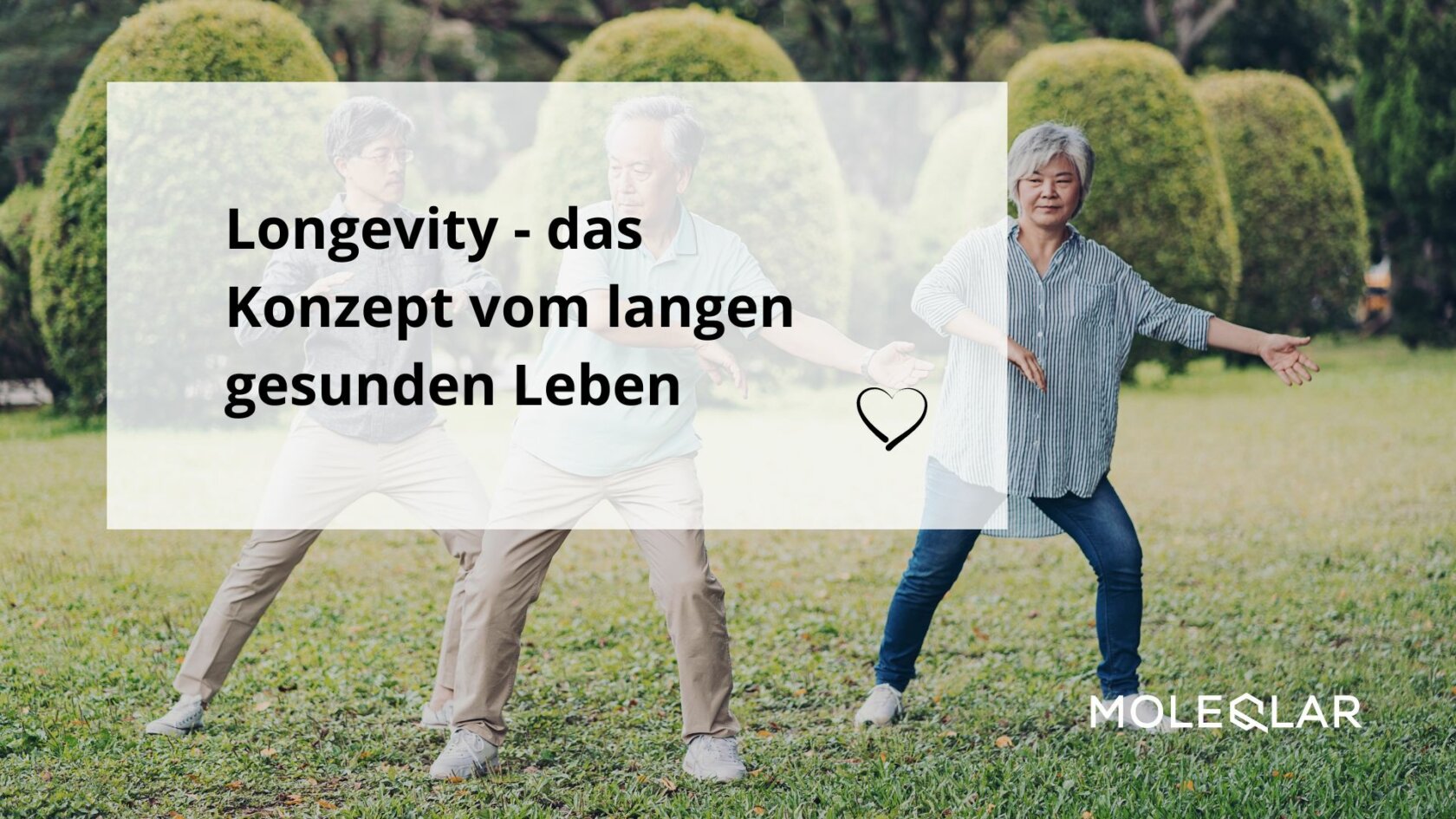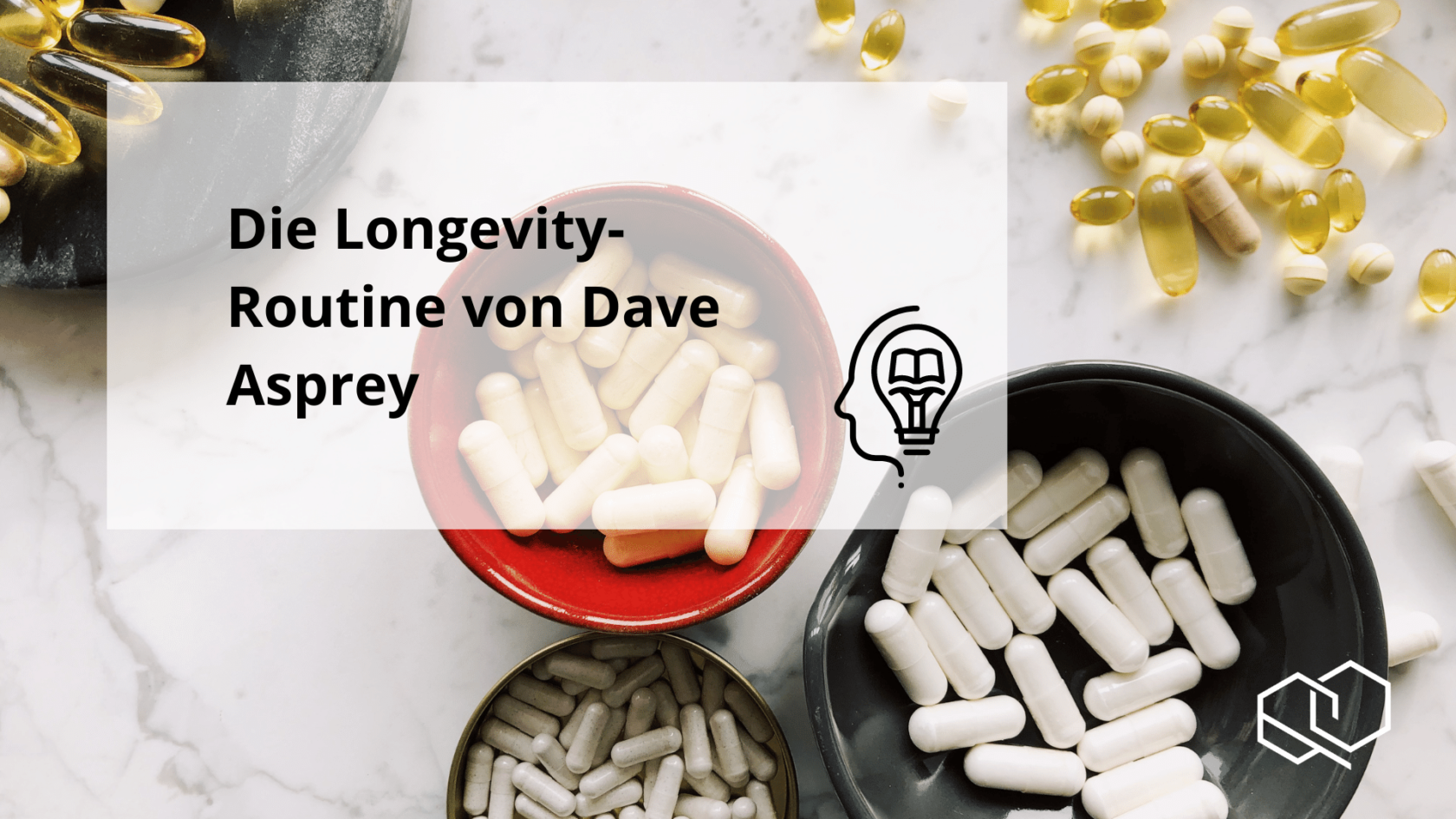Prof. Dr. Stoffel is an internist in private practice at Tegernsee and in Munich. In his practice, he specializes in preventive medicine and healthy aging. He is also involved as a medical advisor with MoleQlar.
More and more often, we read about the so-called "longevity" or the English term "longevity". Is this just another "mega-trend" driven from the United States, with a lot of hot air and little substance? In fact, the trend comes from the USA, but the propagated mindset is highly relevant for the broad (European) public.
Since the corona pandemic at the latest, the need for stable health has become more tangible for many - and not just when it is suddenly thrown out of balance by an infection with a virus. In general, people have become more aware of their own health and well-being. But how do we define "stable health" that goes beyond the mere absence of disease? And what does "longevity" have to do with it?
Longevity is often used as a synonym for increased life expectancy, i.e. our entire possible lifespan. It is the lifespan that can be expected under ideal conditions, i.e. the time that is already behind us and the maximum time that is still ahead of us.
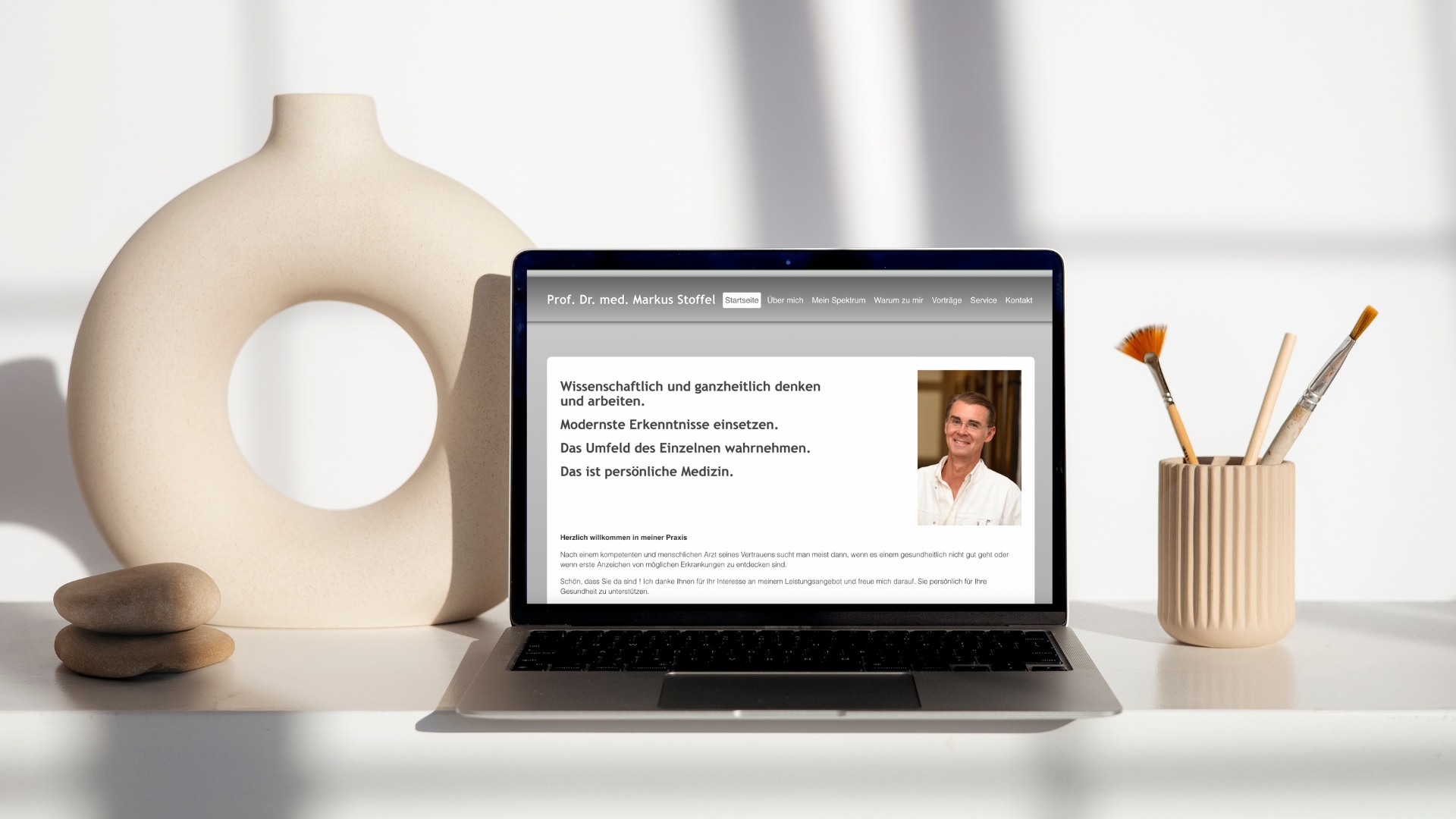
Isn't longevity simply anti-aging?
In recent years, the term, and the beliefs associated with it, has undergone a transformation. From "long life" to "vital aging". The goal of this is to spend one's individual lifetime in the best possible health and vitality. Whether that is 80 years or 100 years is generally irrelevant, although good health naturally favors a longer lifespan.
Longevity means striving for optimal health and well-being even at age 20 or 30. After all, the basis for a long health span lies in healthy habits that are formed over time. Just like the motto: If you don't start smoking in the first place, you never have to stop.
The good news is: your own longevity can be both analyzed and influenced!
In recent decades, so-called "healthy aging" researchers have identified many processes that are relevant for this - always with the clear goal of positively influencing them.
The healthspan-lifespan gap
Science distinguishes between life span and health span.
While lifespan reflects the total number of years we live, health span is understood as how many of those years we remain free and clear of disease.
Although the global increase in life expectancy was initially followed by a parallel expansion of the health span, it did not quite keep pace.

The gap between life span and health span is scientifically recognized and currently estimated at about 9 years according to research. Statistics predict that only 64 of the average 73 years of life (*average of both sexes; life expectancy of women is slightly higher than that of men) will be spent in good health. Thus, there is currently a 9-year loss in quality of life.
When experience becomes survival
Even Nobel laureate Alexis Carrel once said "Longevity is only desirable if it prolongs being young, not drags out being old. "
It is certainly a medical milestone that human life expectancy and duration have continuously increased in the past. Groundbreaking research in the field of precision medicine and technological advancements made this increase possible. The flip side of the coin is that the pure extension of life expectancy through curative medicine is mostly done on the back of prevention/health maintenance.
Thus, illness, disability and frailty often dominate the time of life gained - experiencing all too often becomes surviving.
Two parameters stand out particularly clearly for the extension of the life and health span:
- Smoking (i.e. not smoking or quitting smoking).
- Age(s) itself, because it is probably THE main risk factor for the vast majority of diseases in old age.
In longevity research, ageing itself is seen as a disease that can be counteracted. Relevant factors that can be influenced emerge here, which are often referred to as hallmarks of ageing.
Longevity - an investment in your future
When patients are asked what they think is the most important factor influencing aging, the majority point to "genetic factors.
Yet the influence of genetics is actually quite small and predetermines only about 20 percent of life expectancy. The large remainder is determined by our behavior, lifestyle and environment. This is referred to as epigenetics.
Consequently, there are also intensive medical research efforts regarding the optimal lifestyle: from the "best diet" to the "right exercise". But: what is "right"? Does this apply in unison to all people and that too worldwide?
In a sense, healthy aging researchers provide the optimal framework. However, given the great diversity of individuals and possibilities, there can be no universal solution for everyone.
But: statistically measurable correlations can be identified with the help of which longevity can be positively influenced.
You may not experience the benefit immediately, but it is a very valuable investment in your own future health.
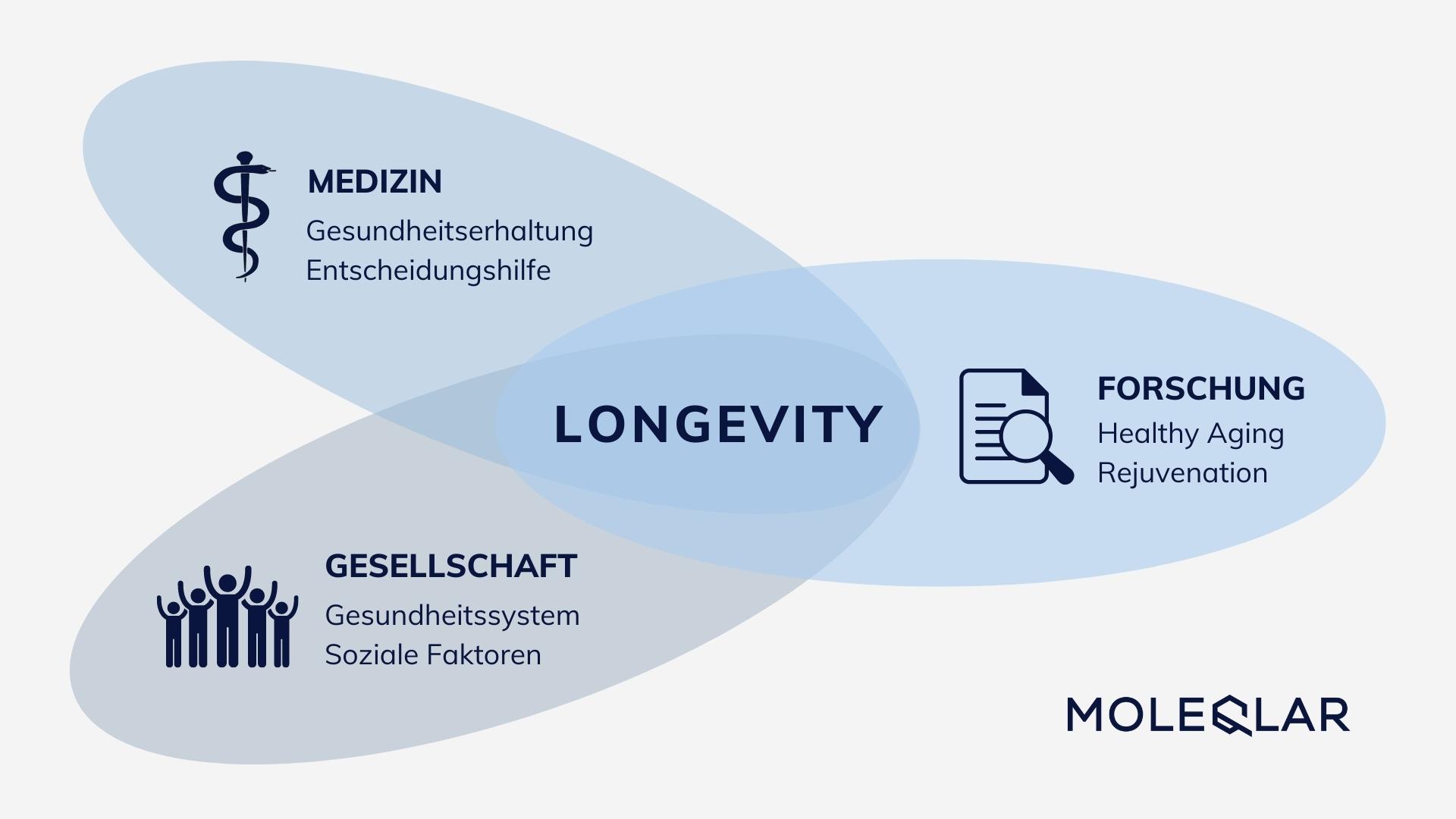
The path to longevity
How can you personally benefit from longevity findings and the innovative therapies currently available to extend your individual health span?
- Begin your journey with a comprehensive analysis of your own health condition.
- A specially designed check-up program with a meaningful blood analysis and the further option of epigenetic tests allows us to better understand your individual ageing process. A further step can be the molecular profile. This is the precise analysis of your proteomics.
- Based on these results, we help you to optimize your health span in the best possible way. We see ourselves more as "coaches" in the sense of a participatory, modern, personalized medicine.
